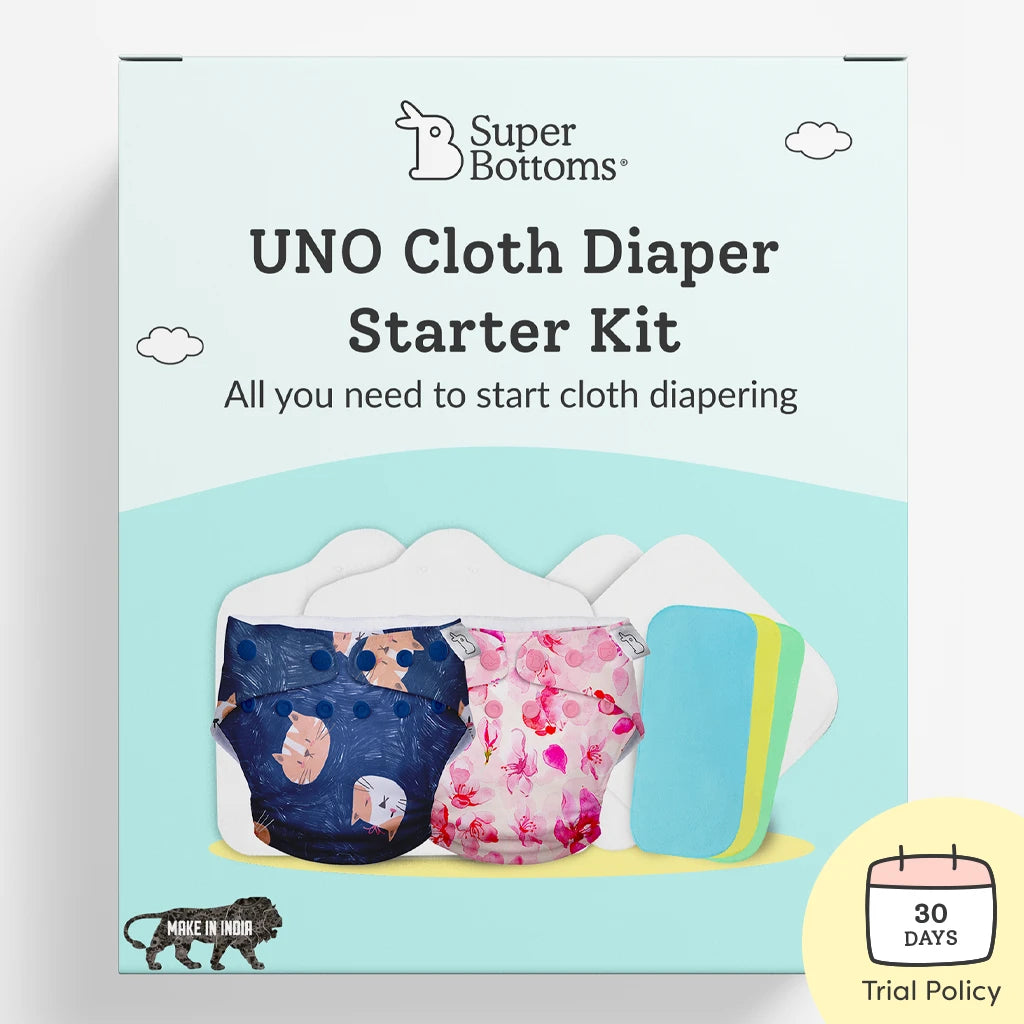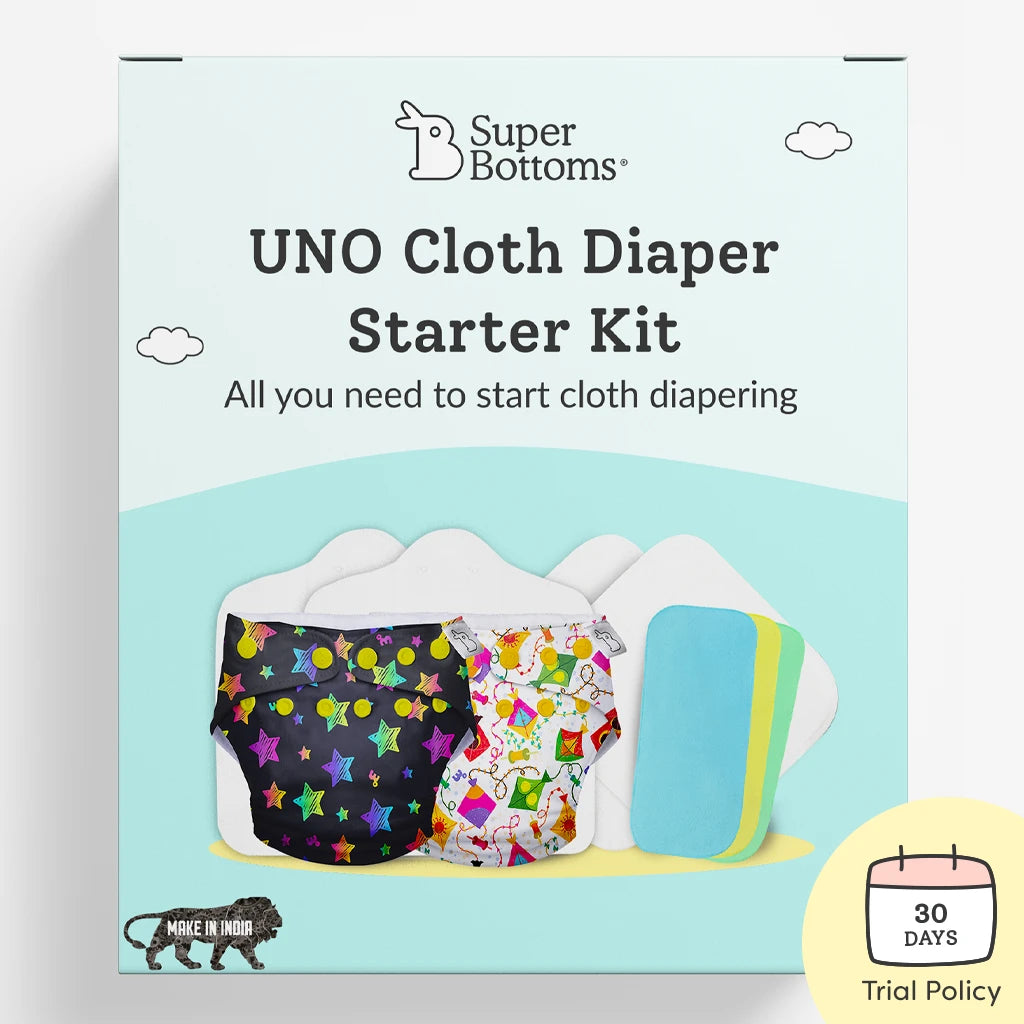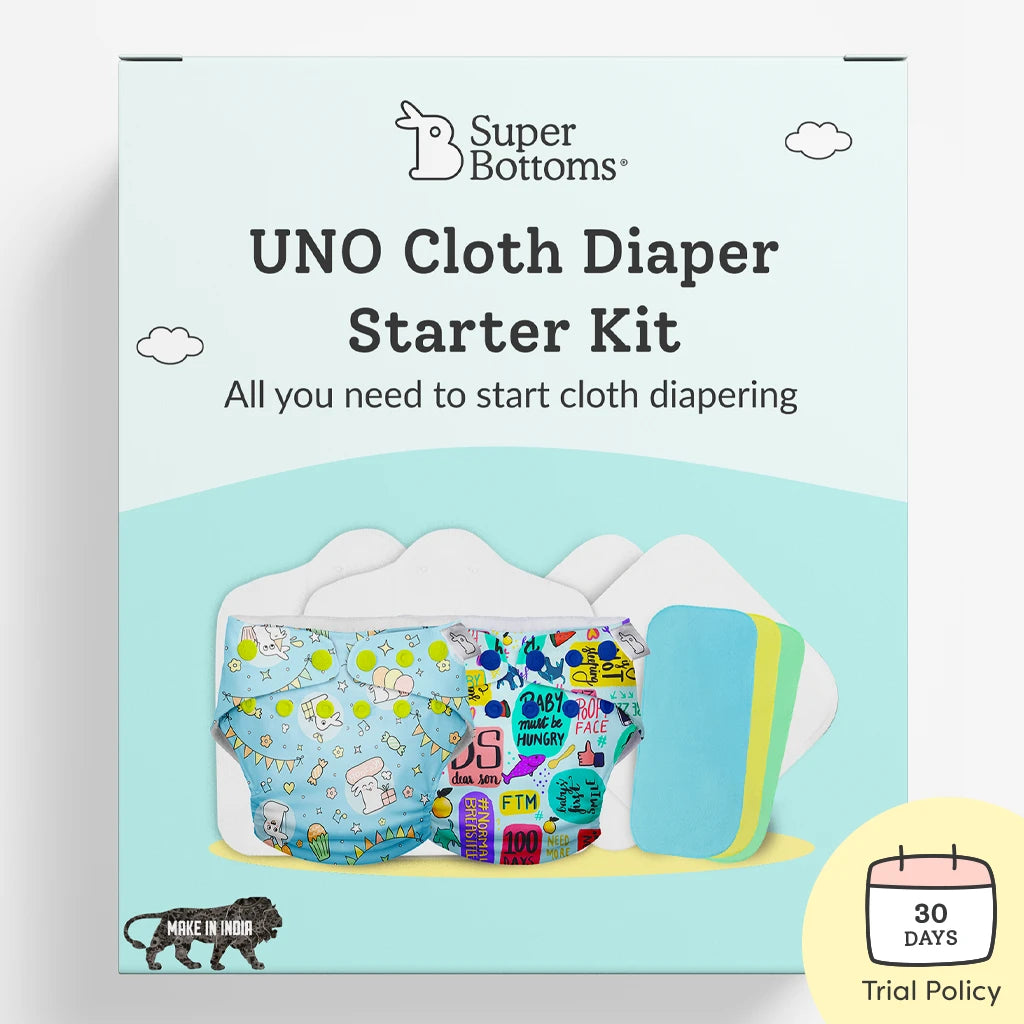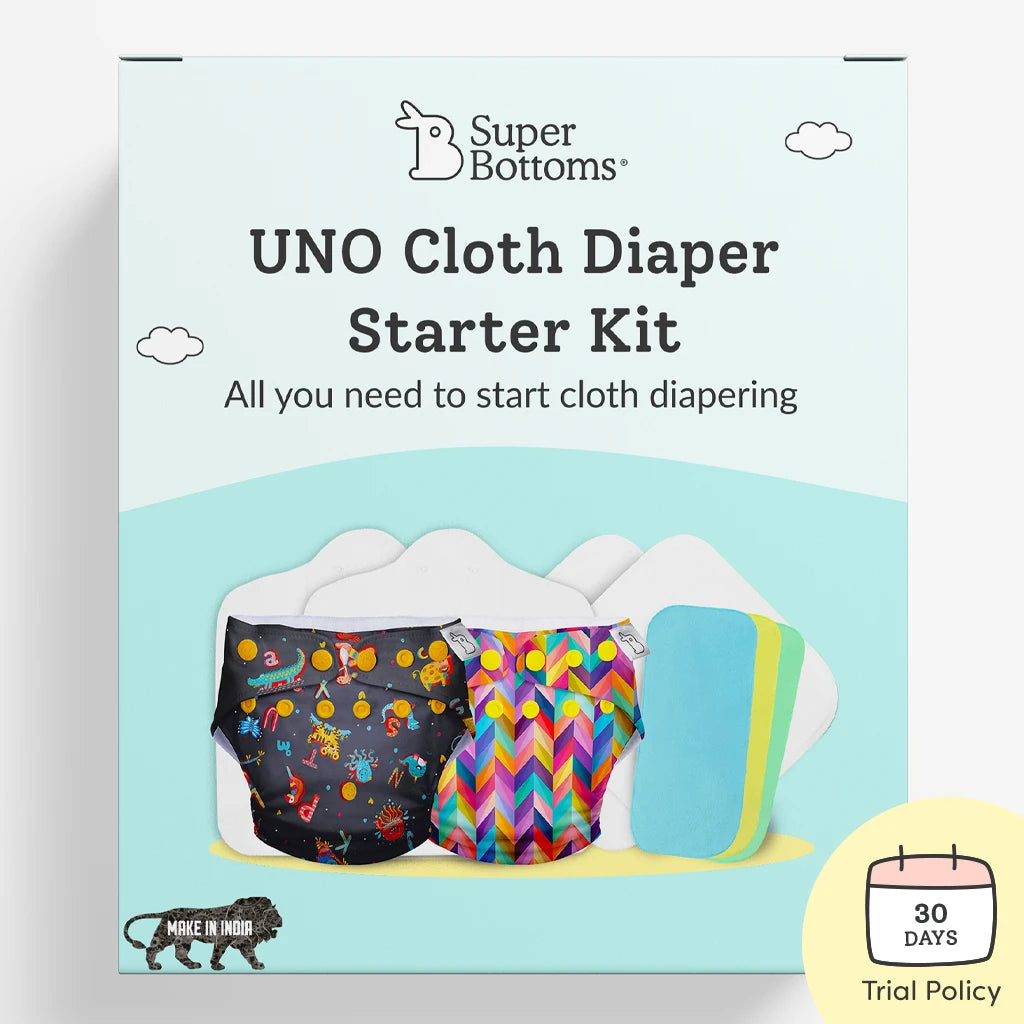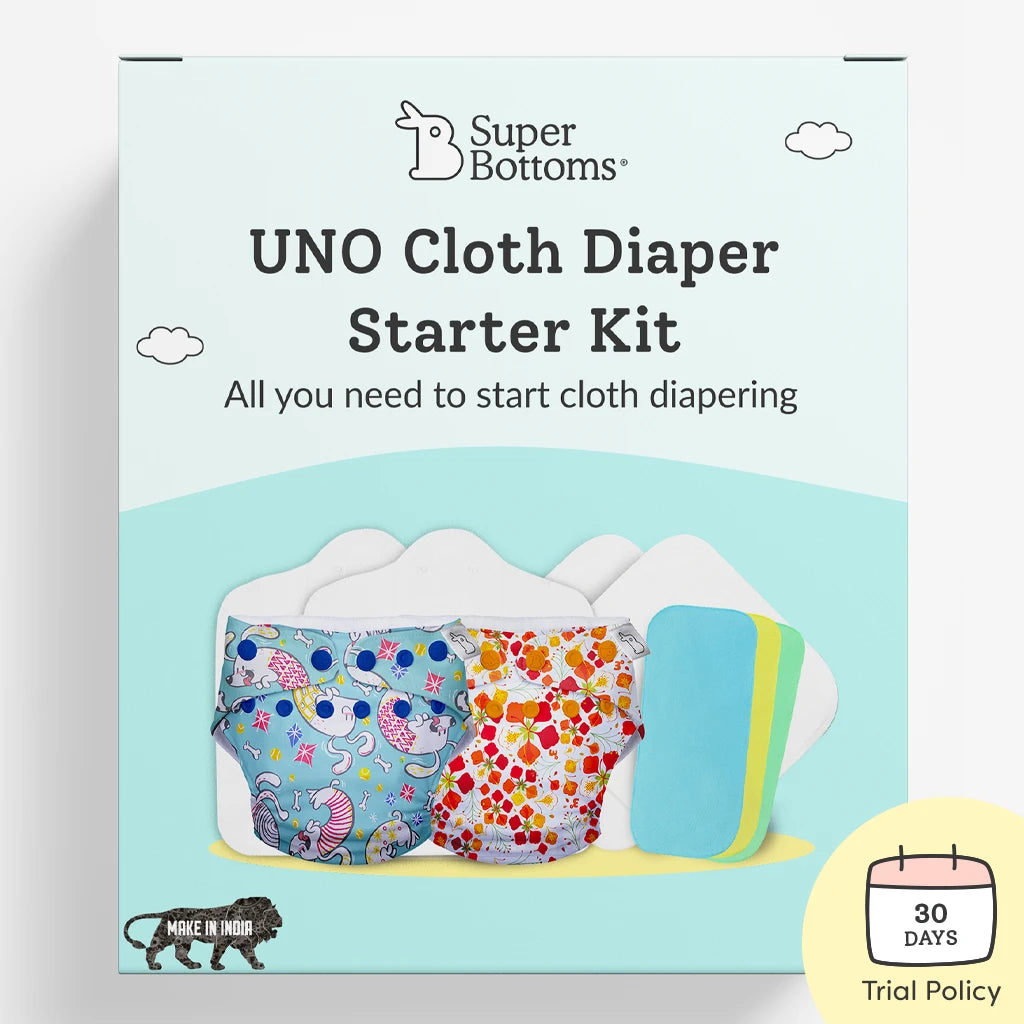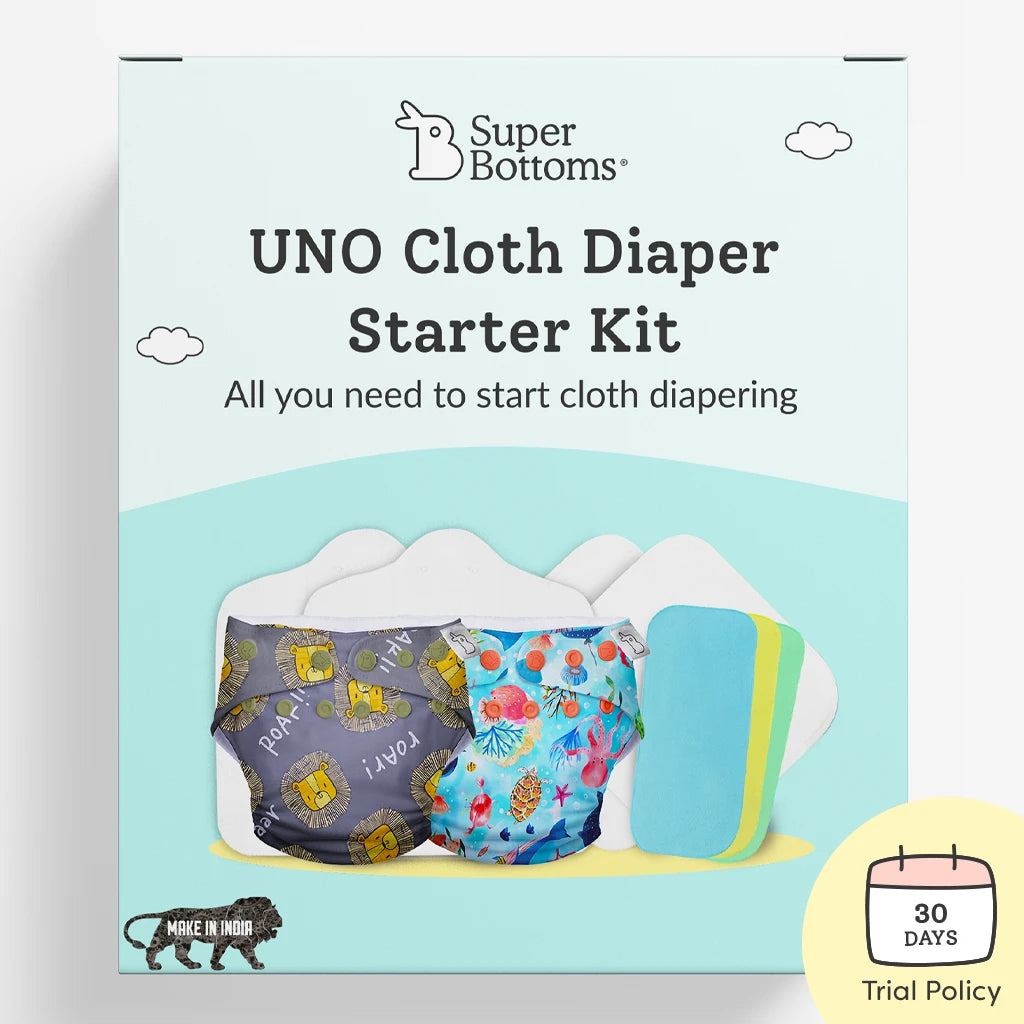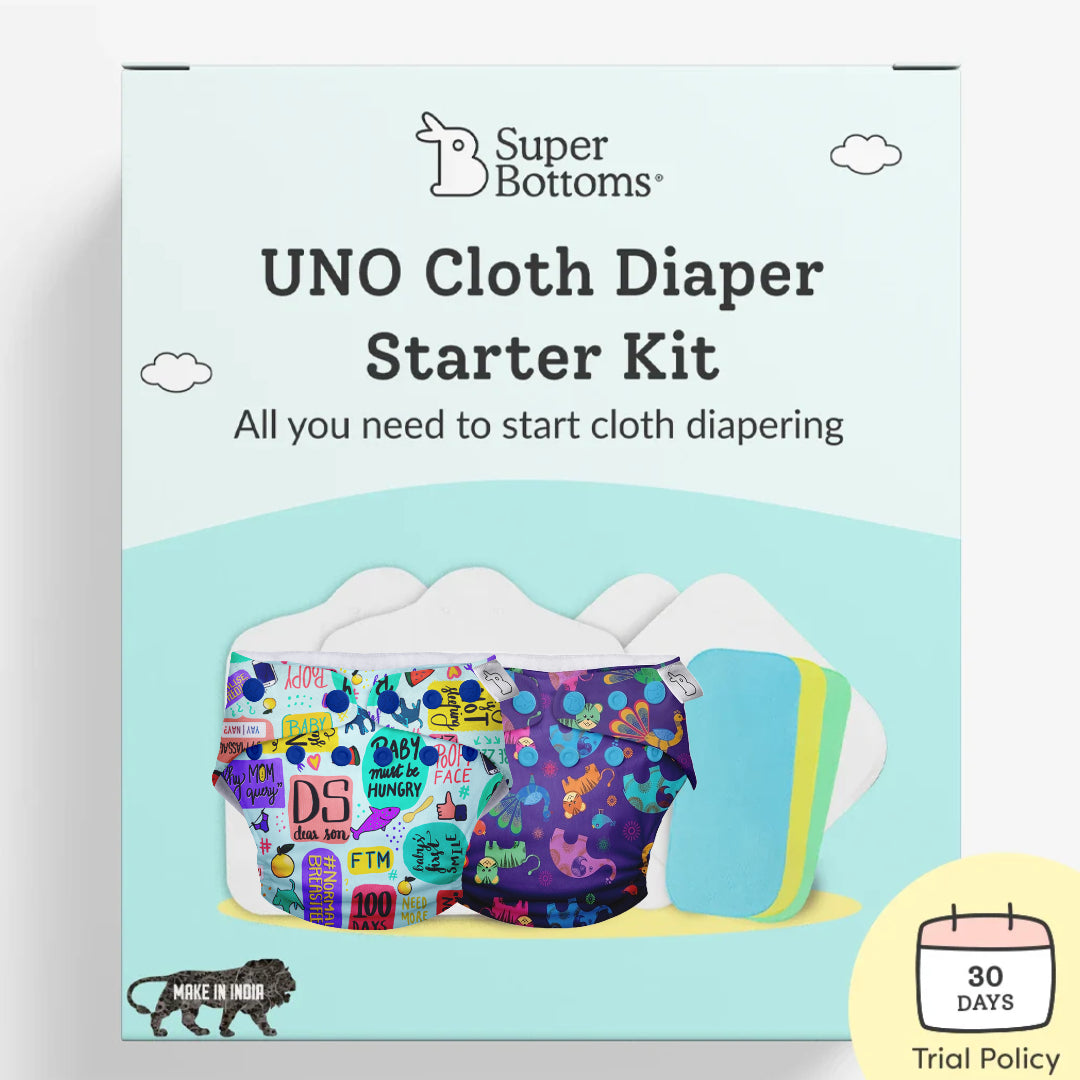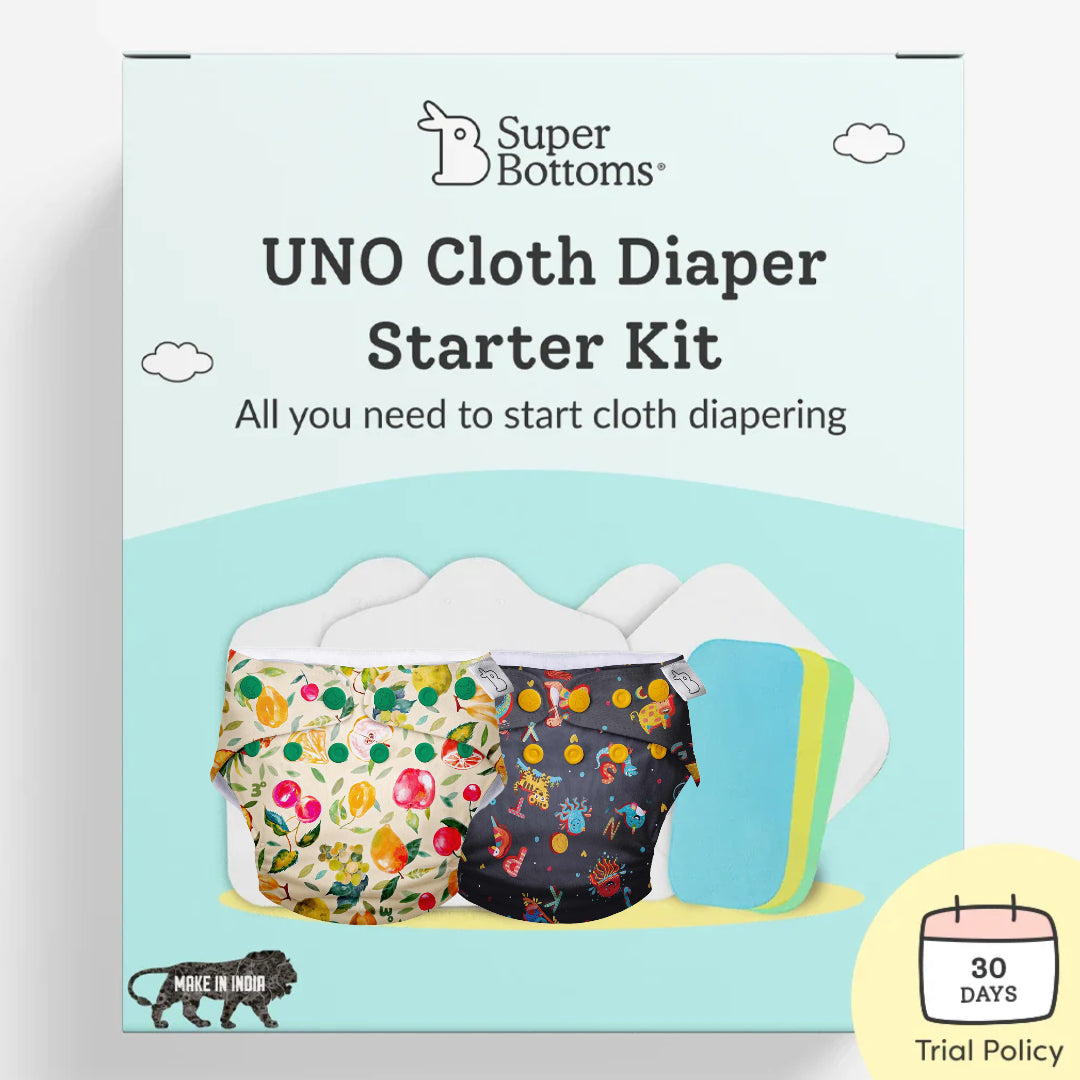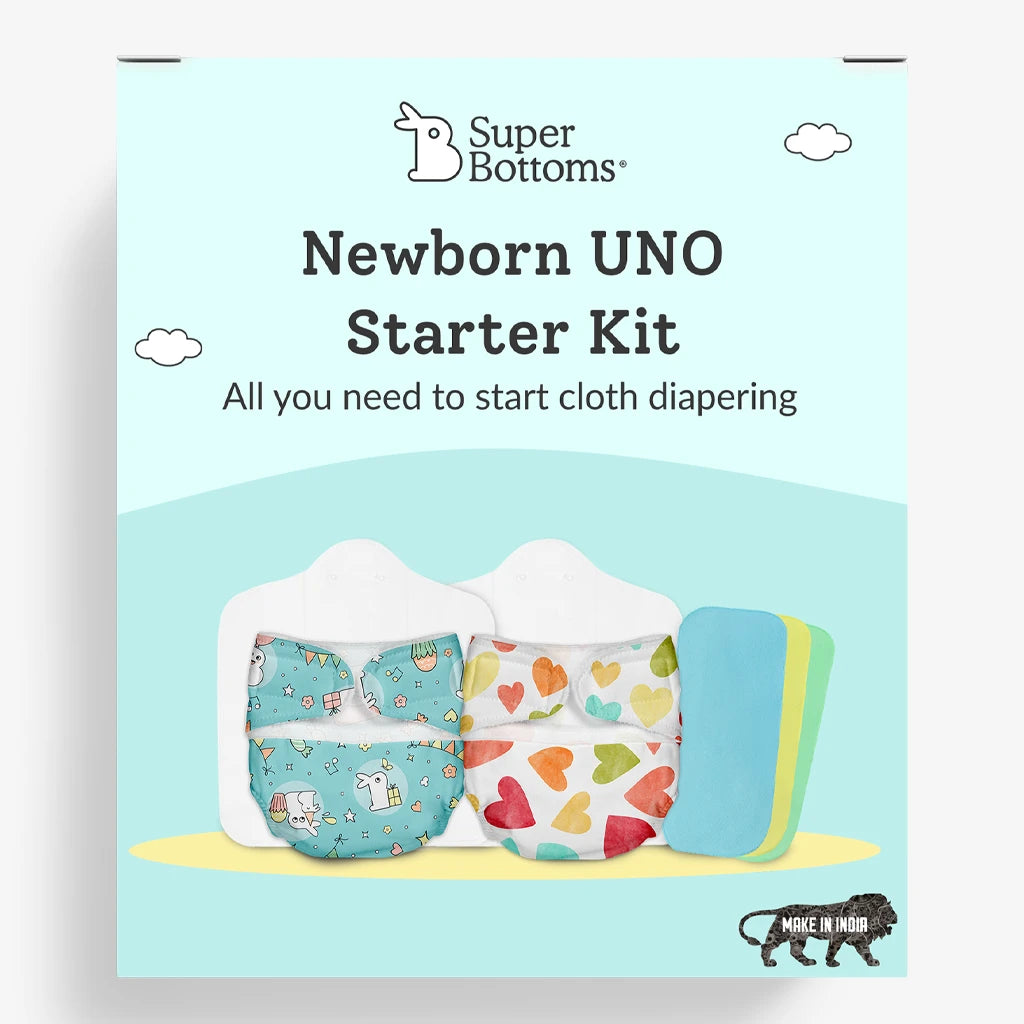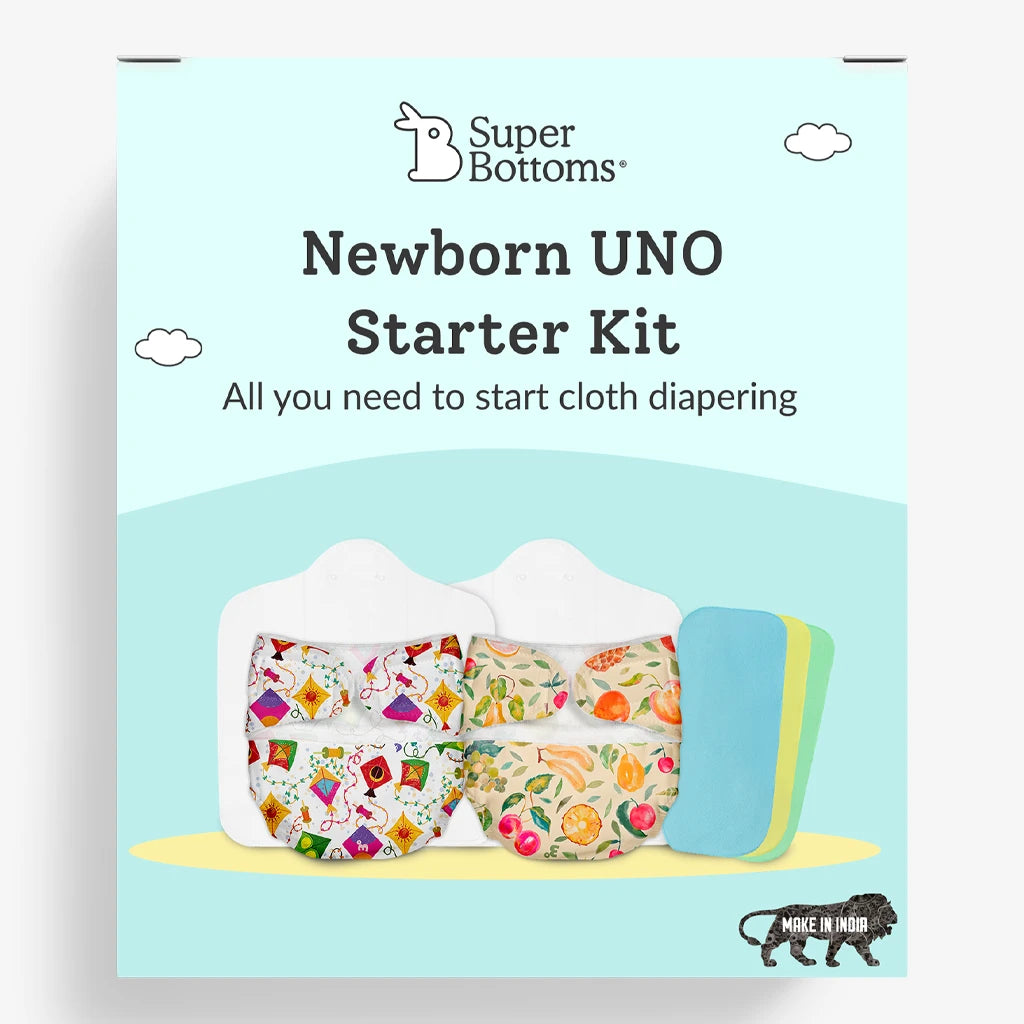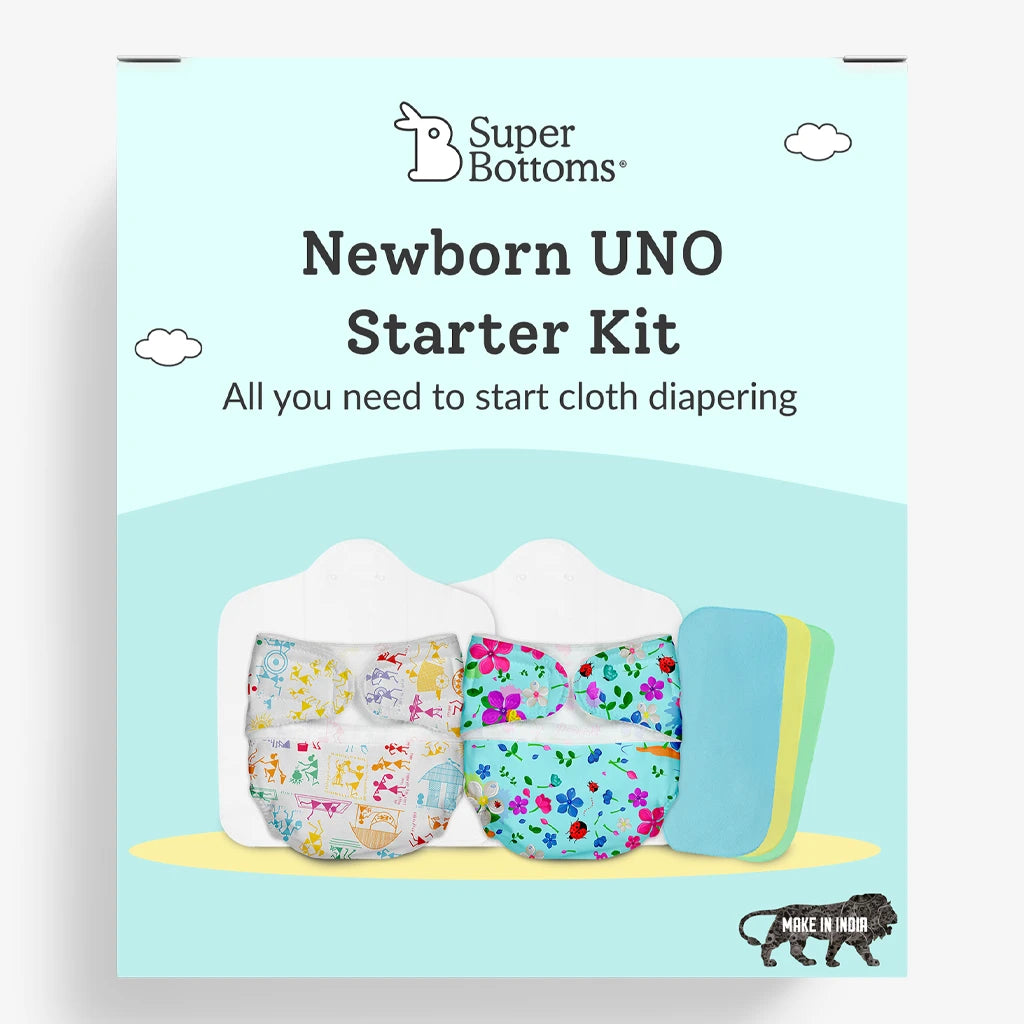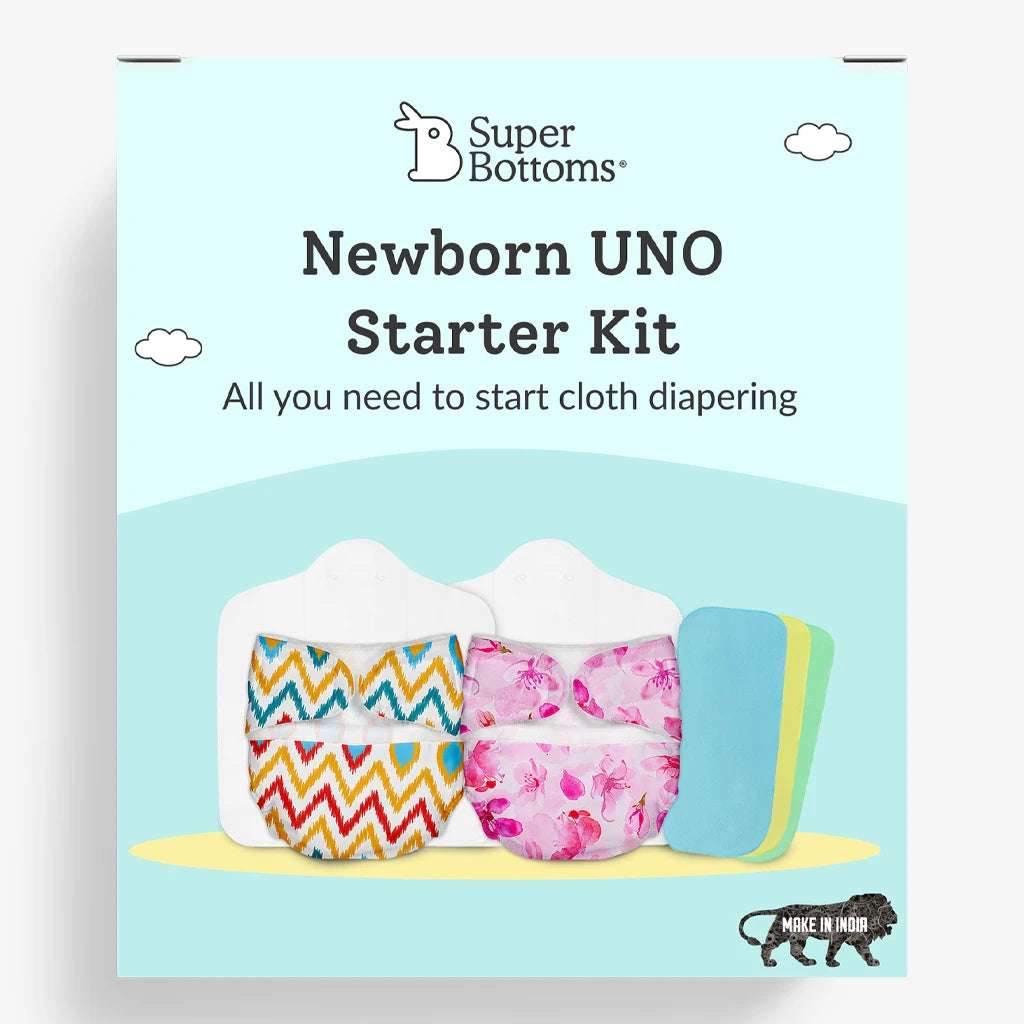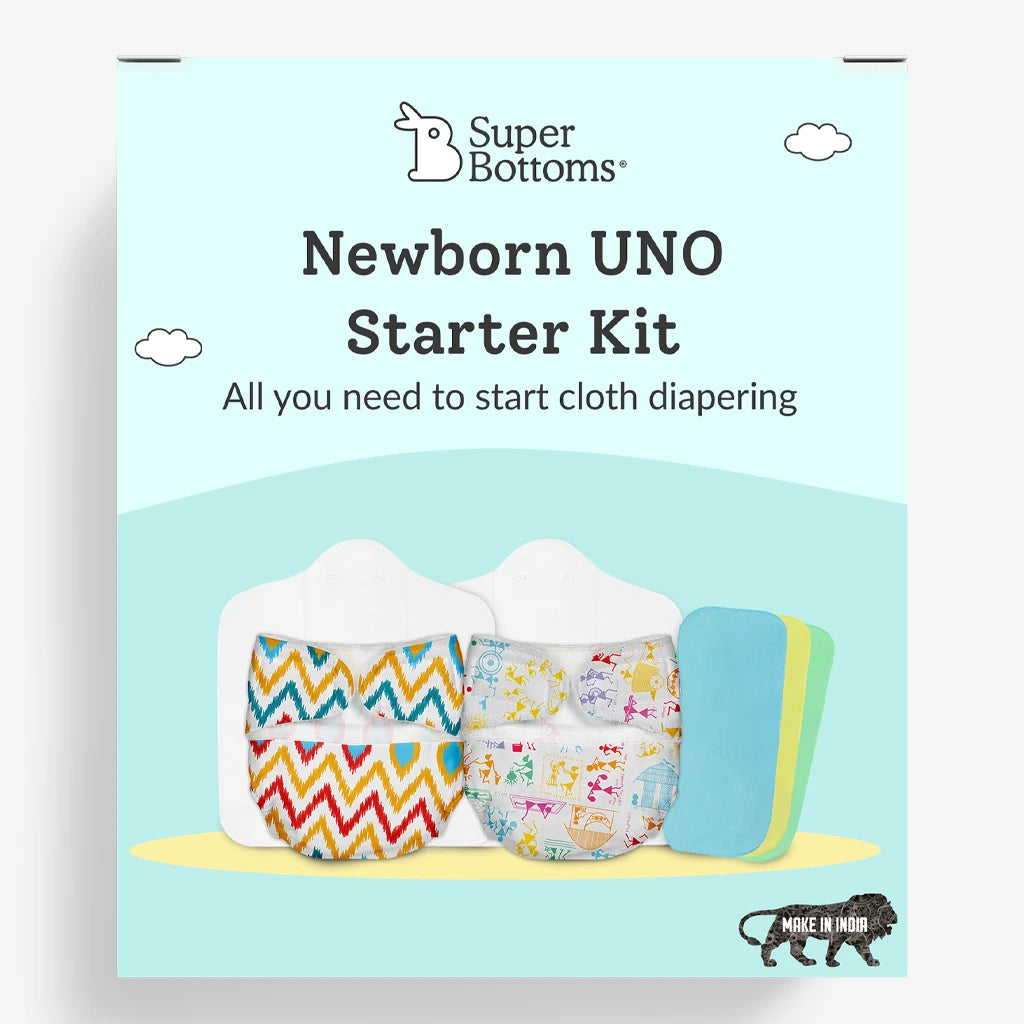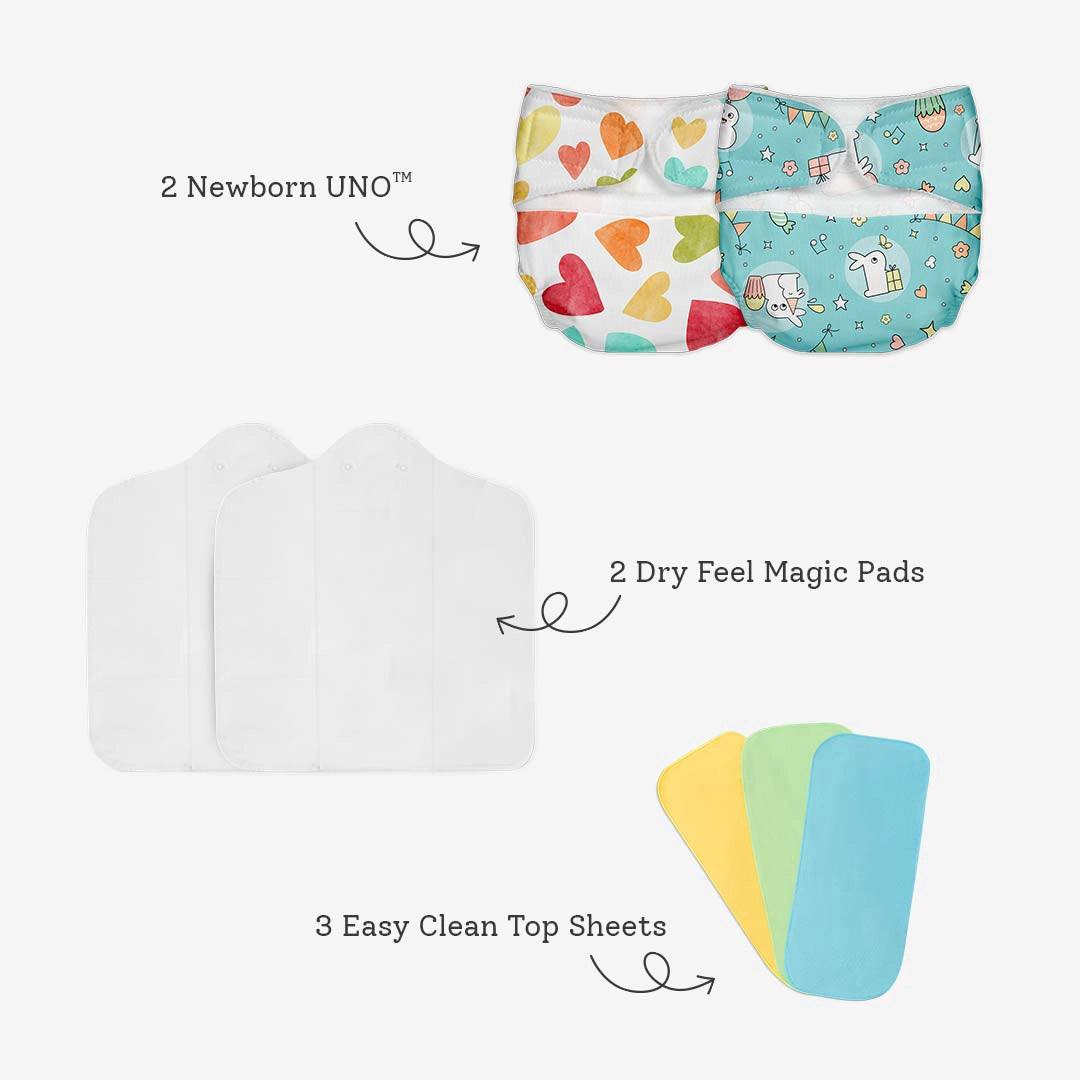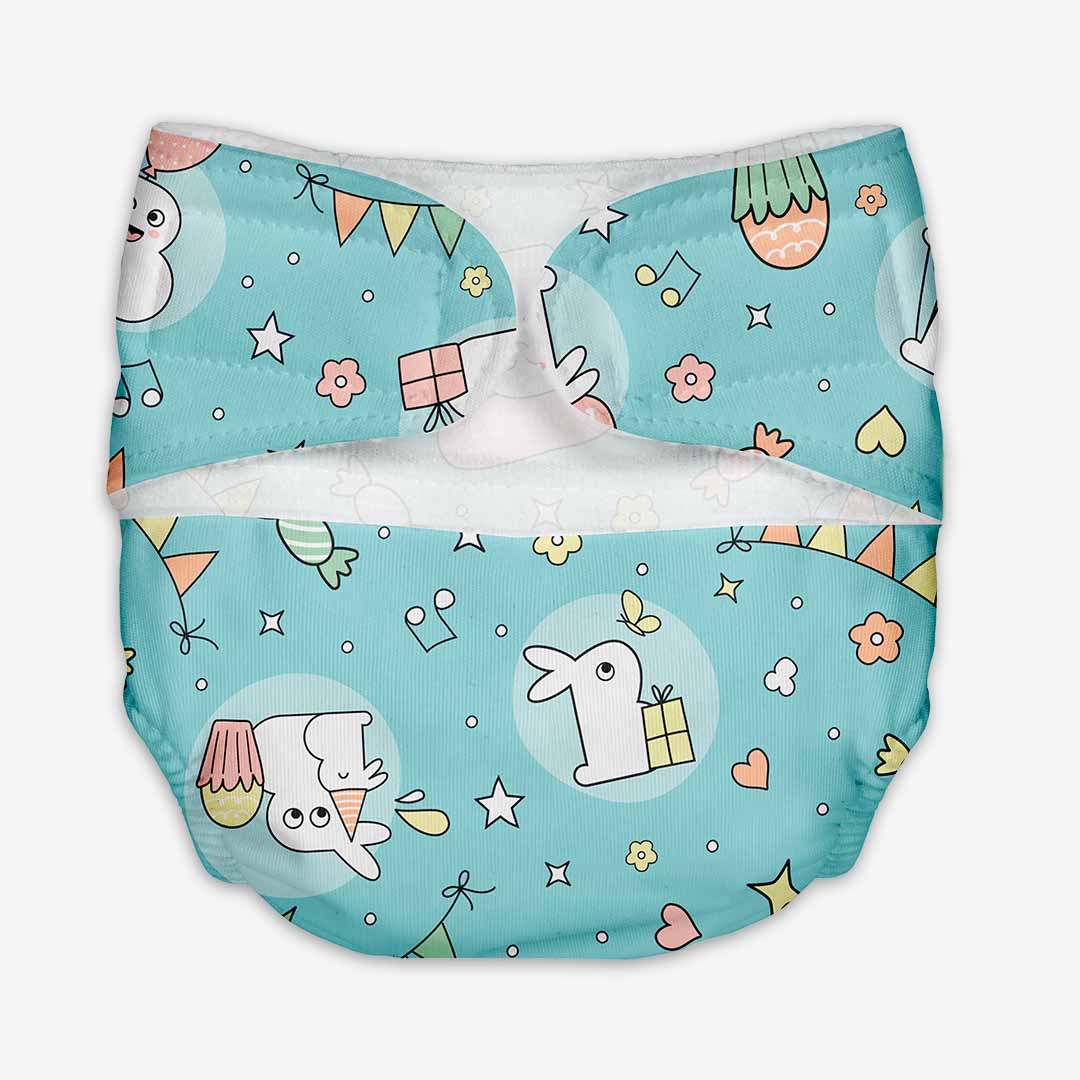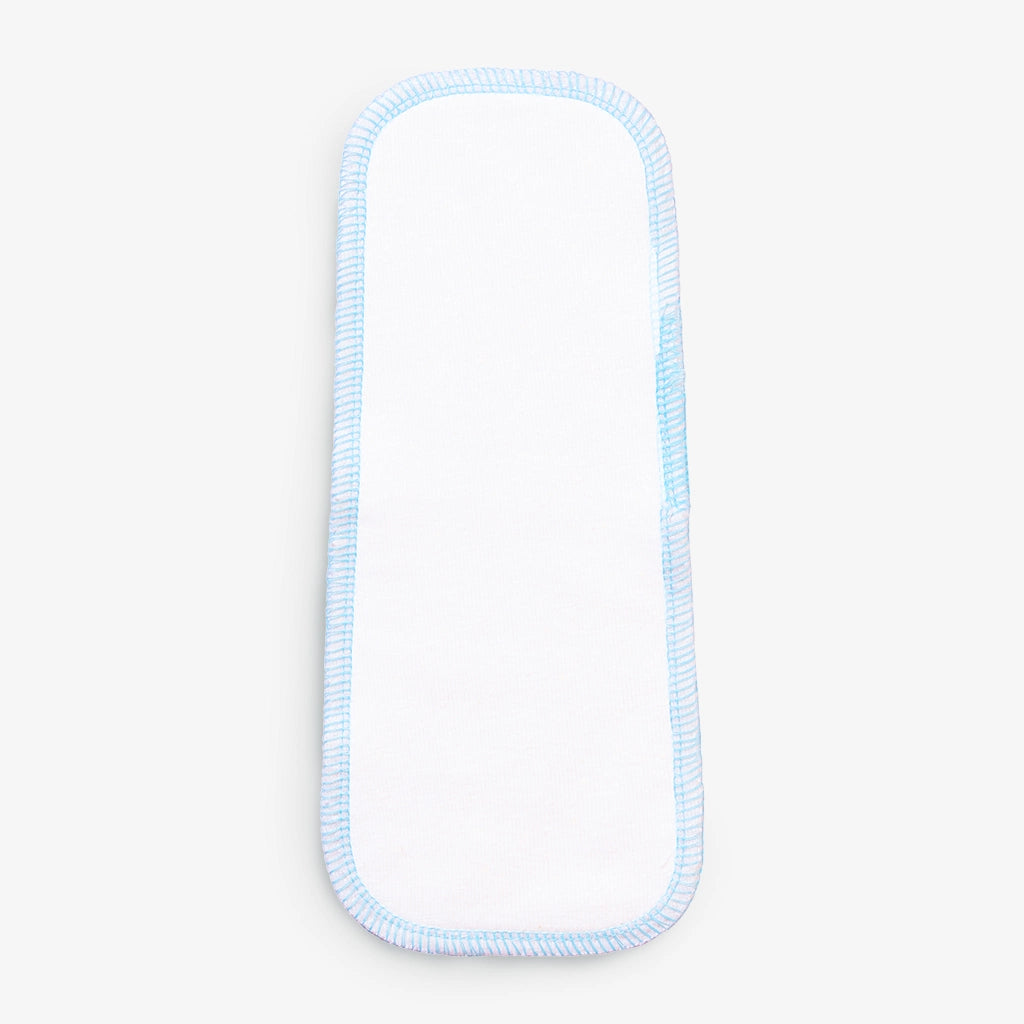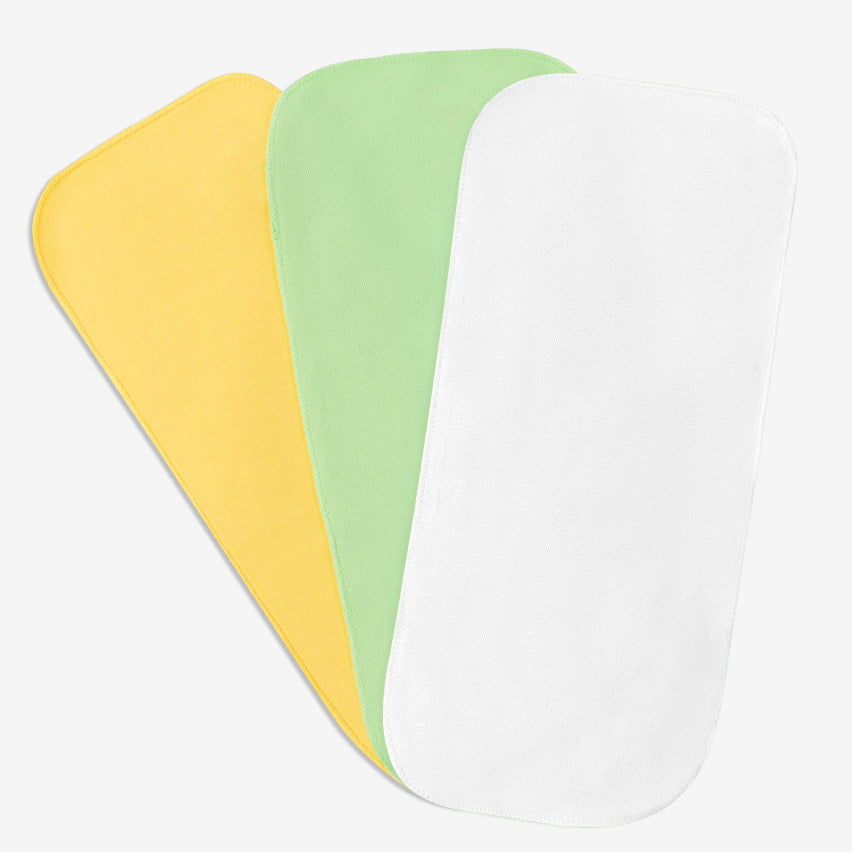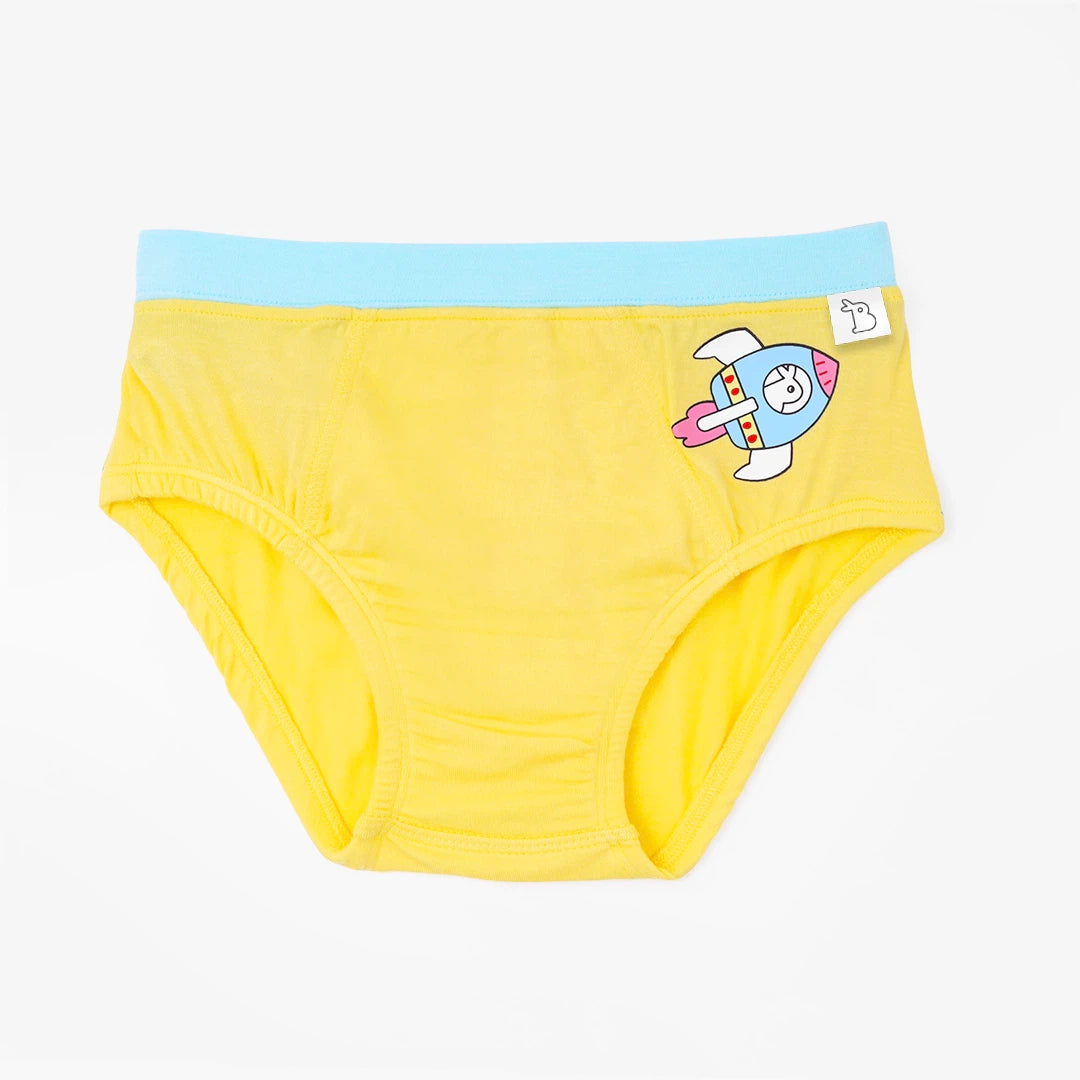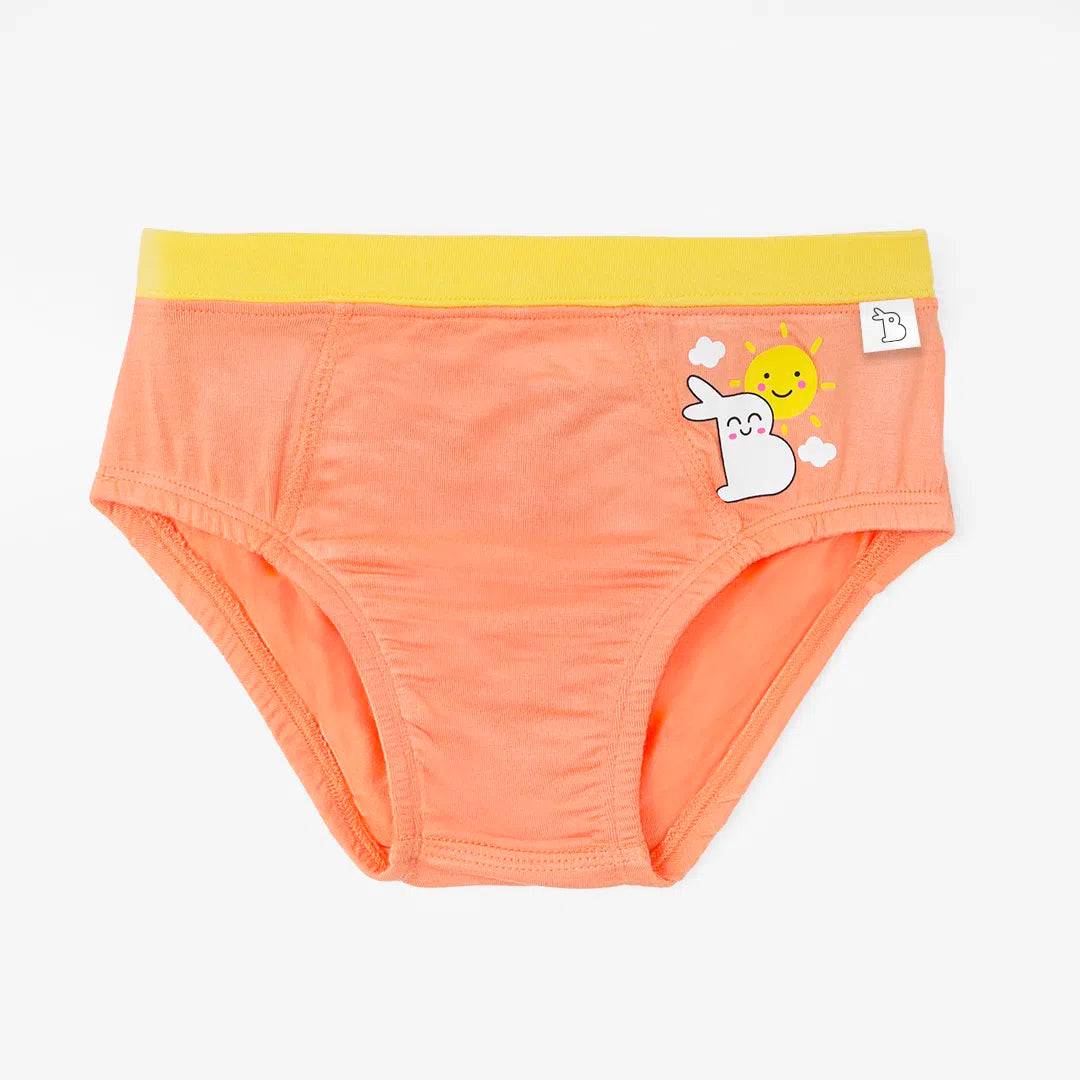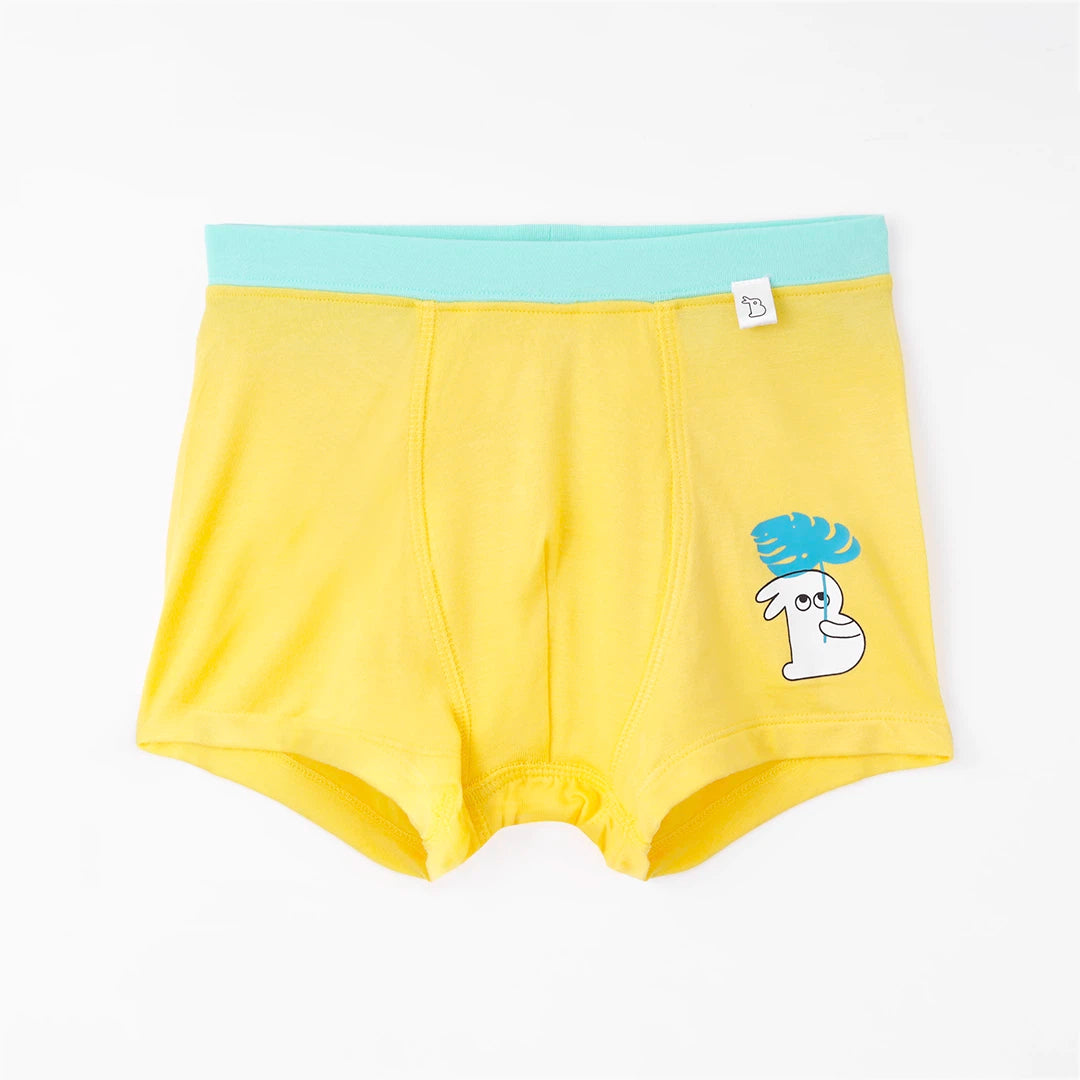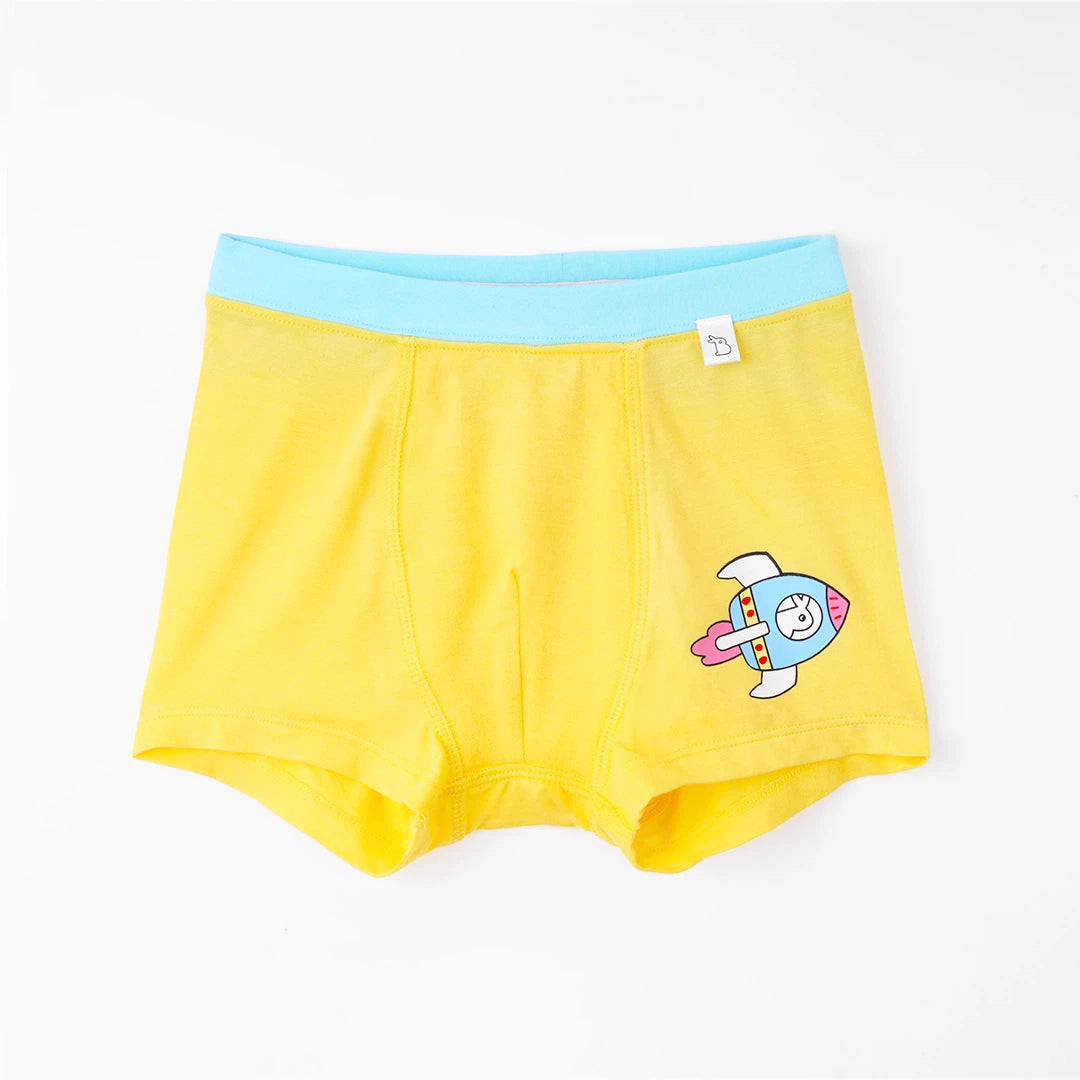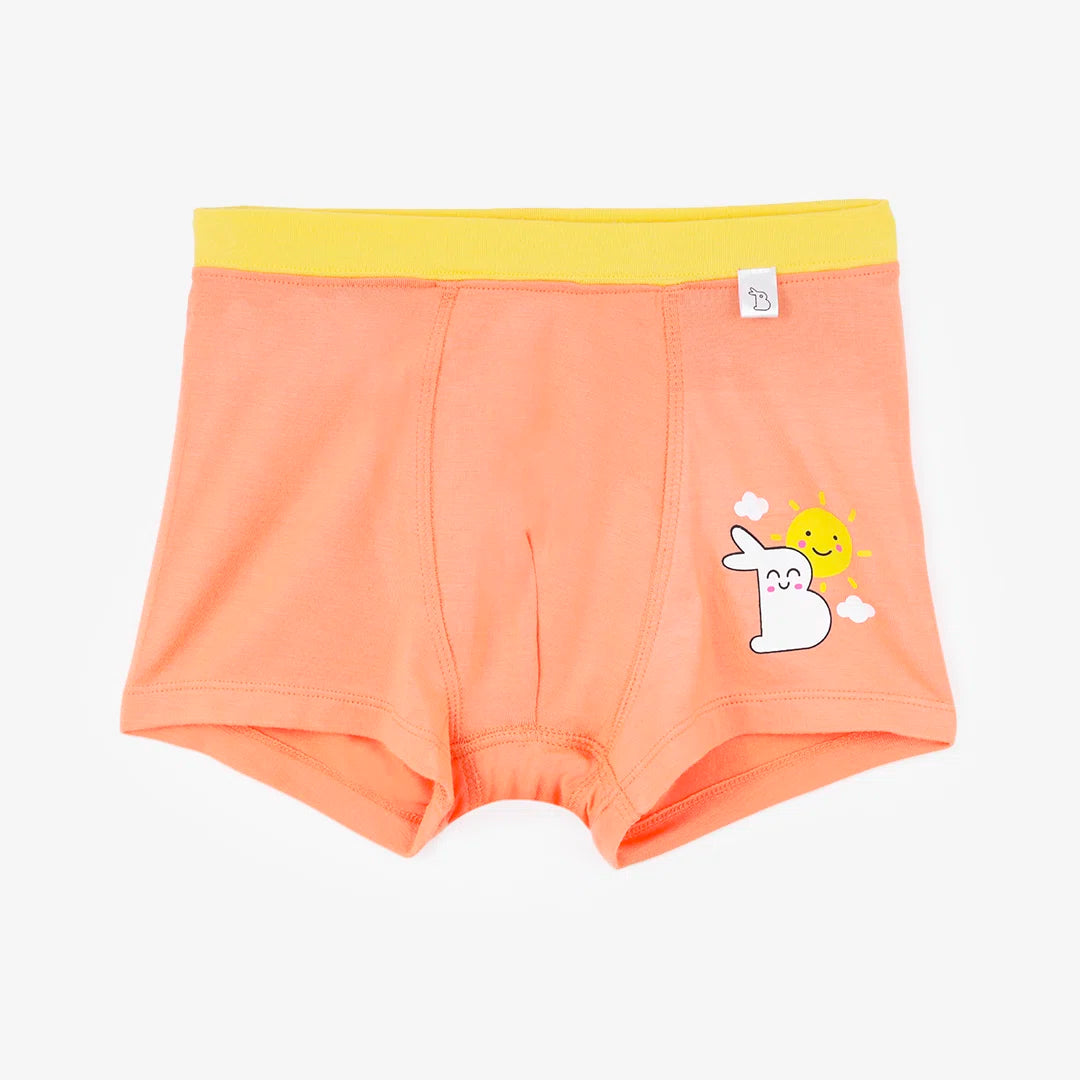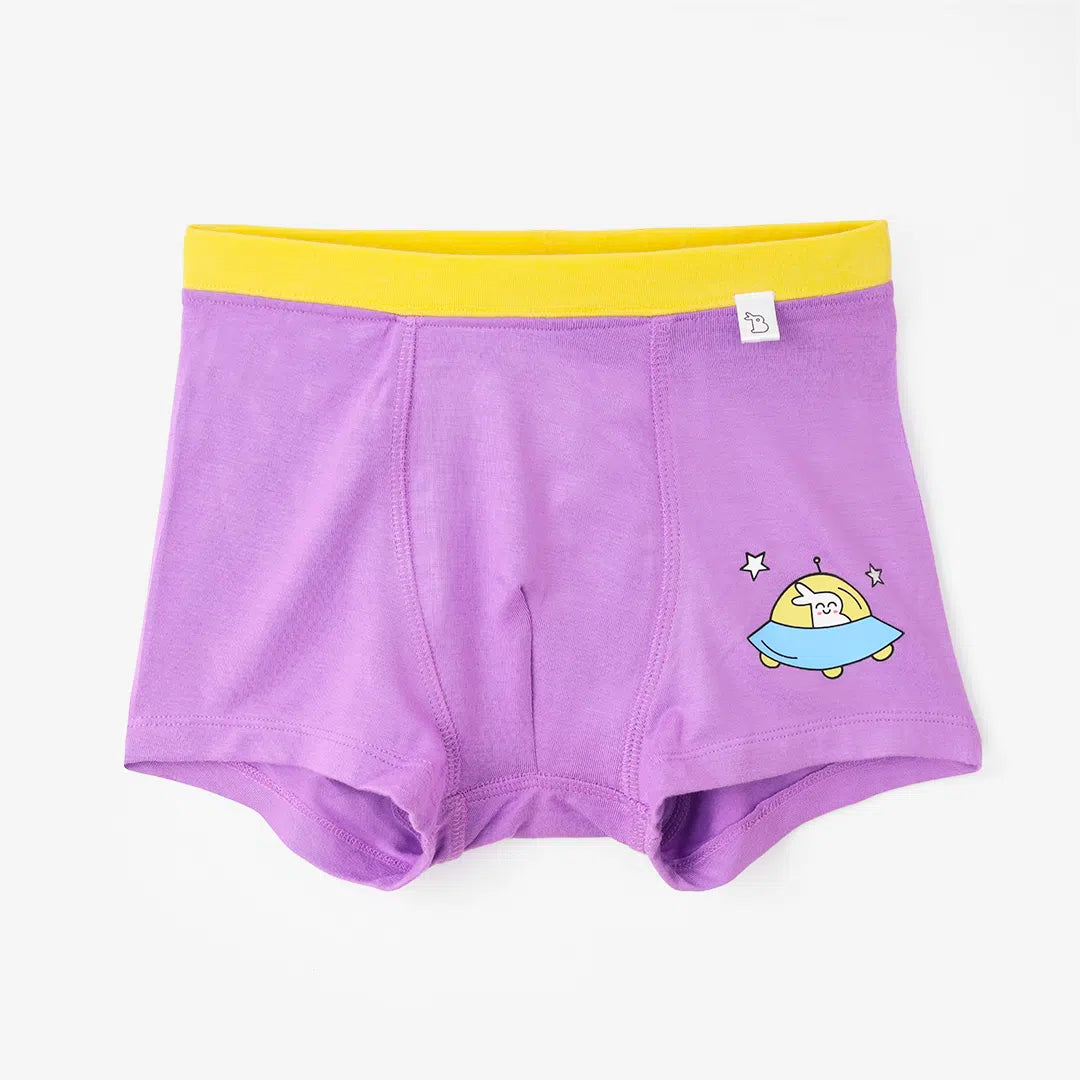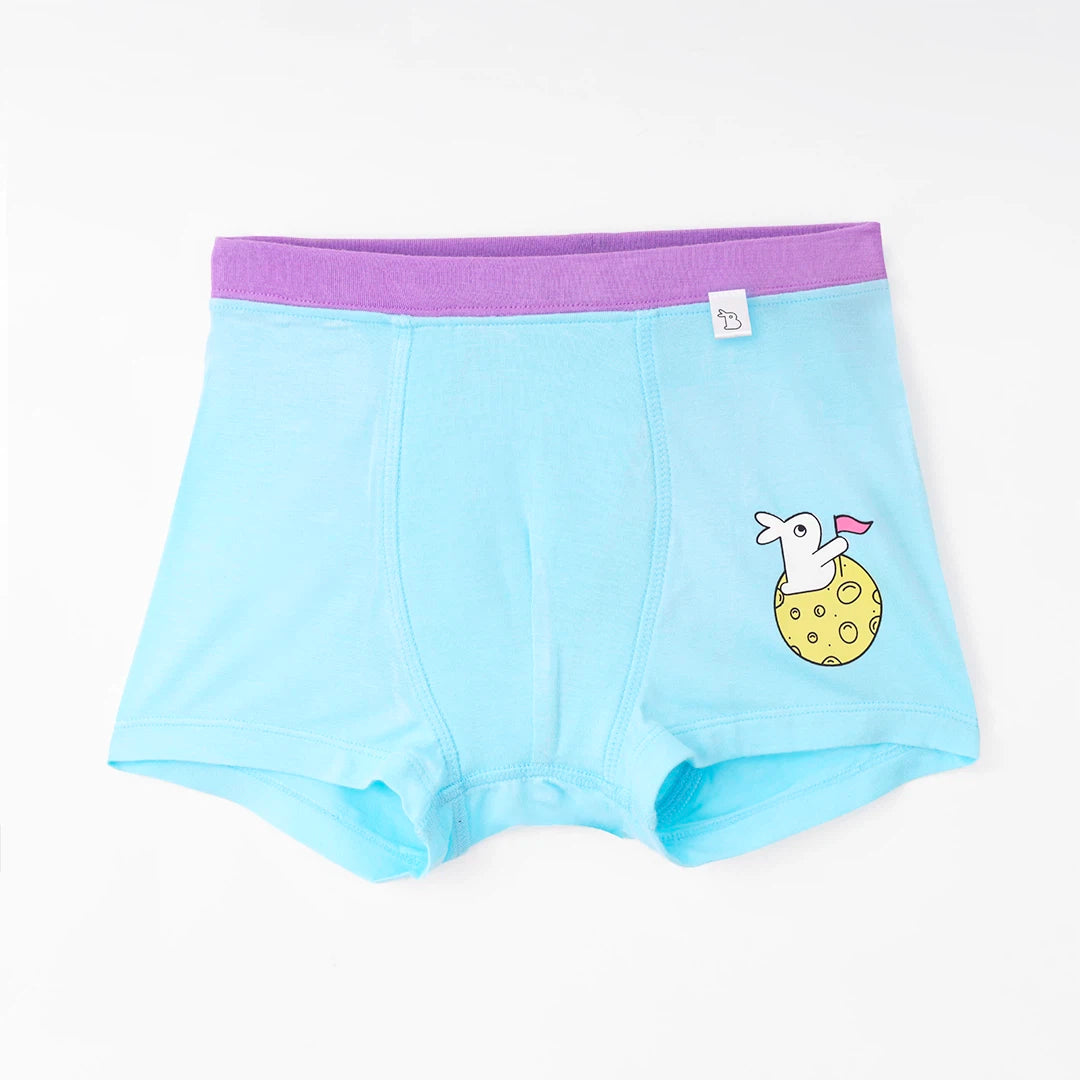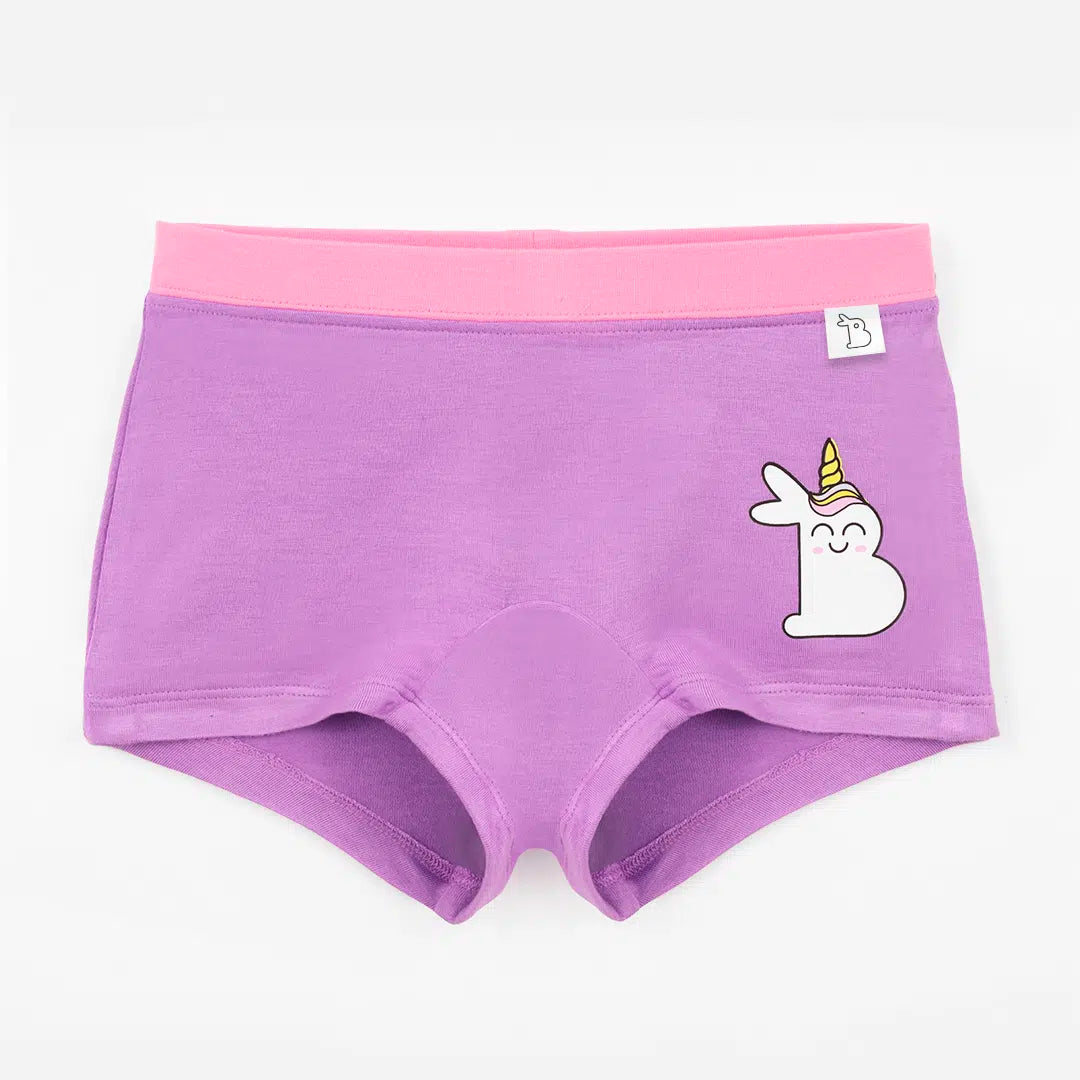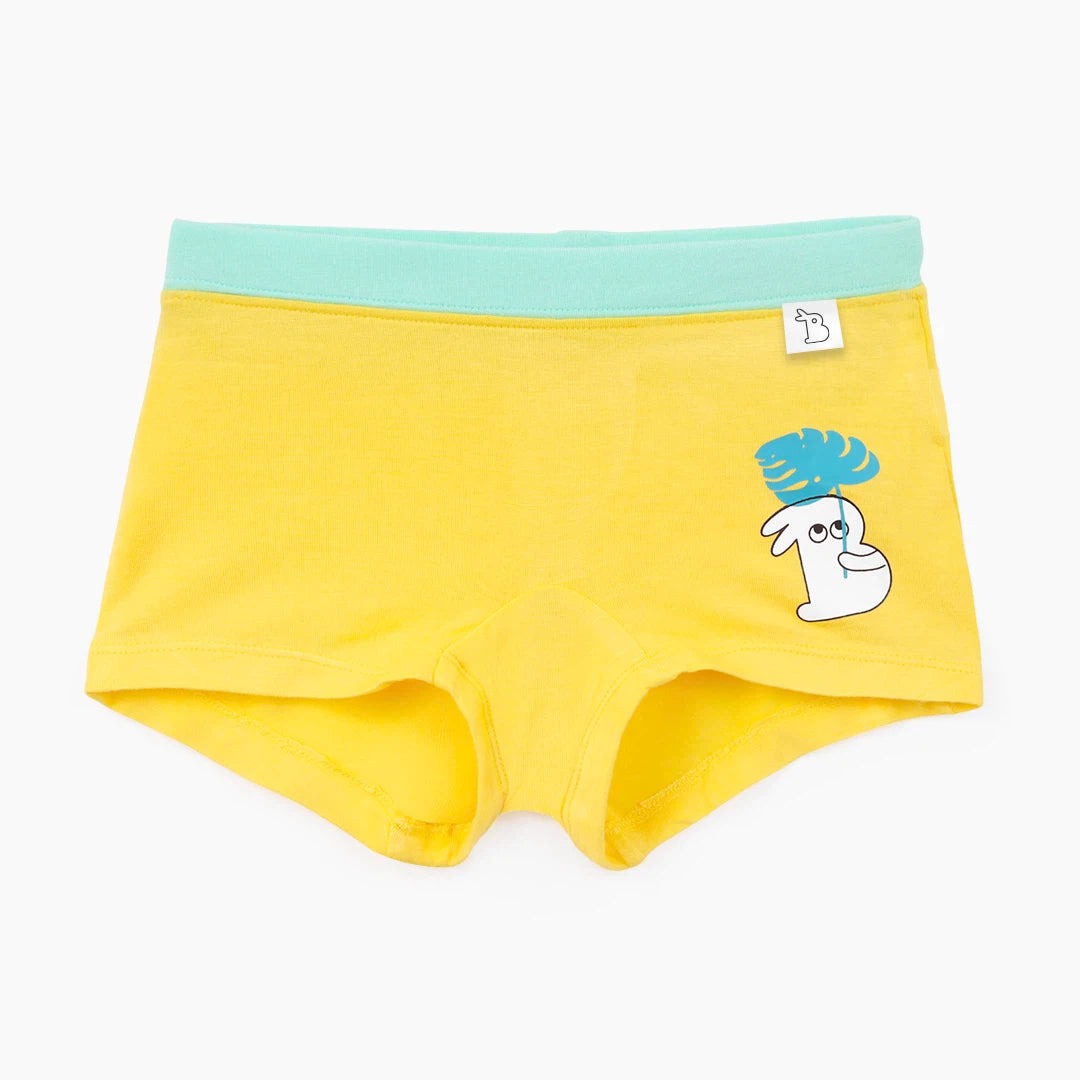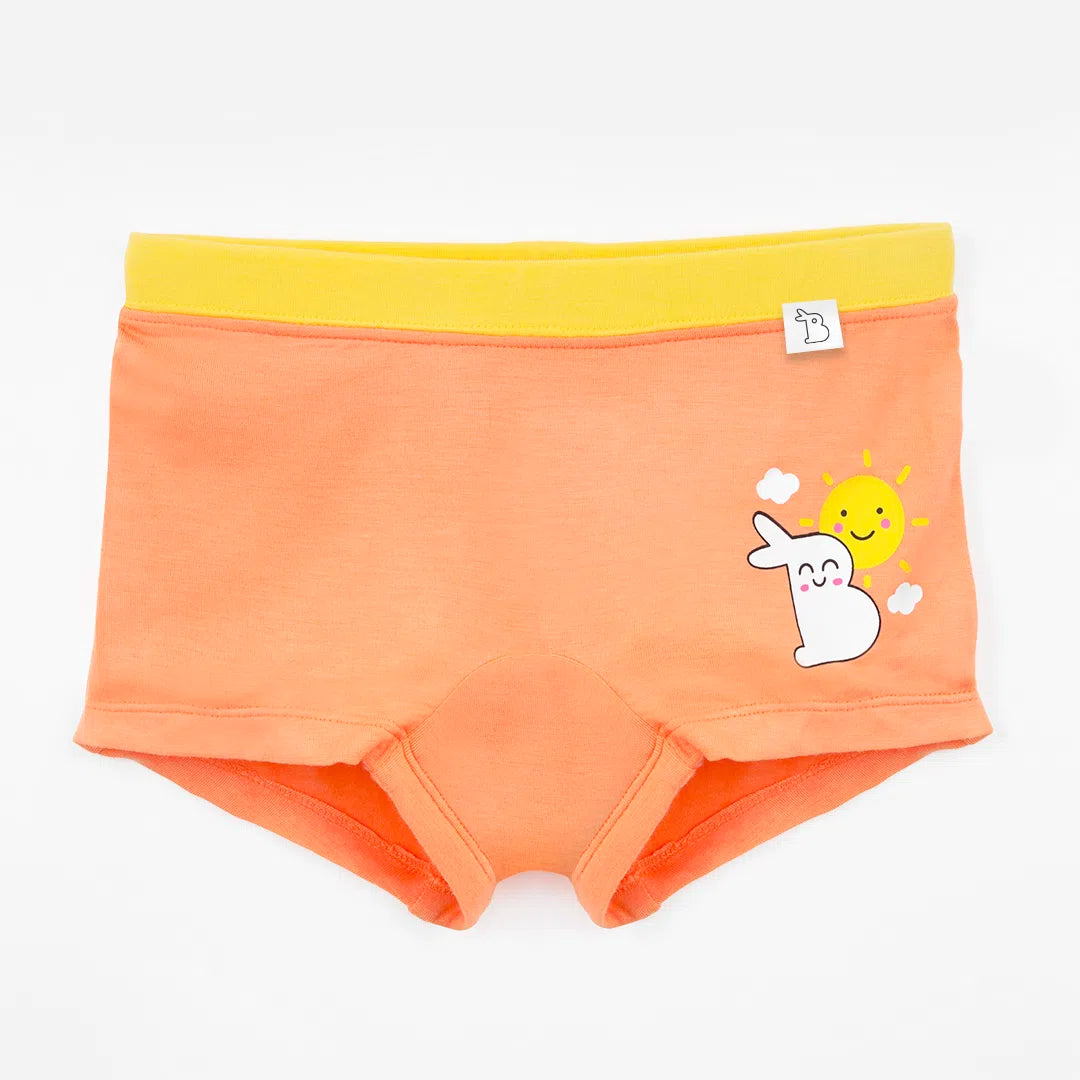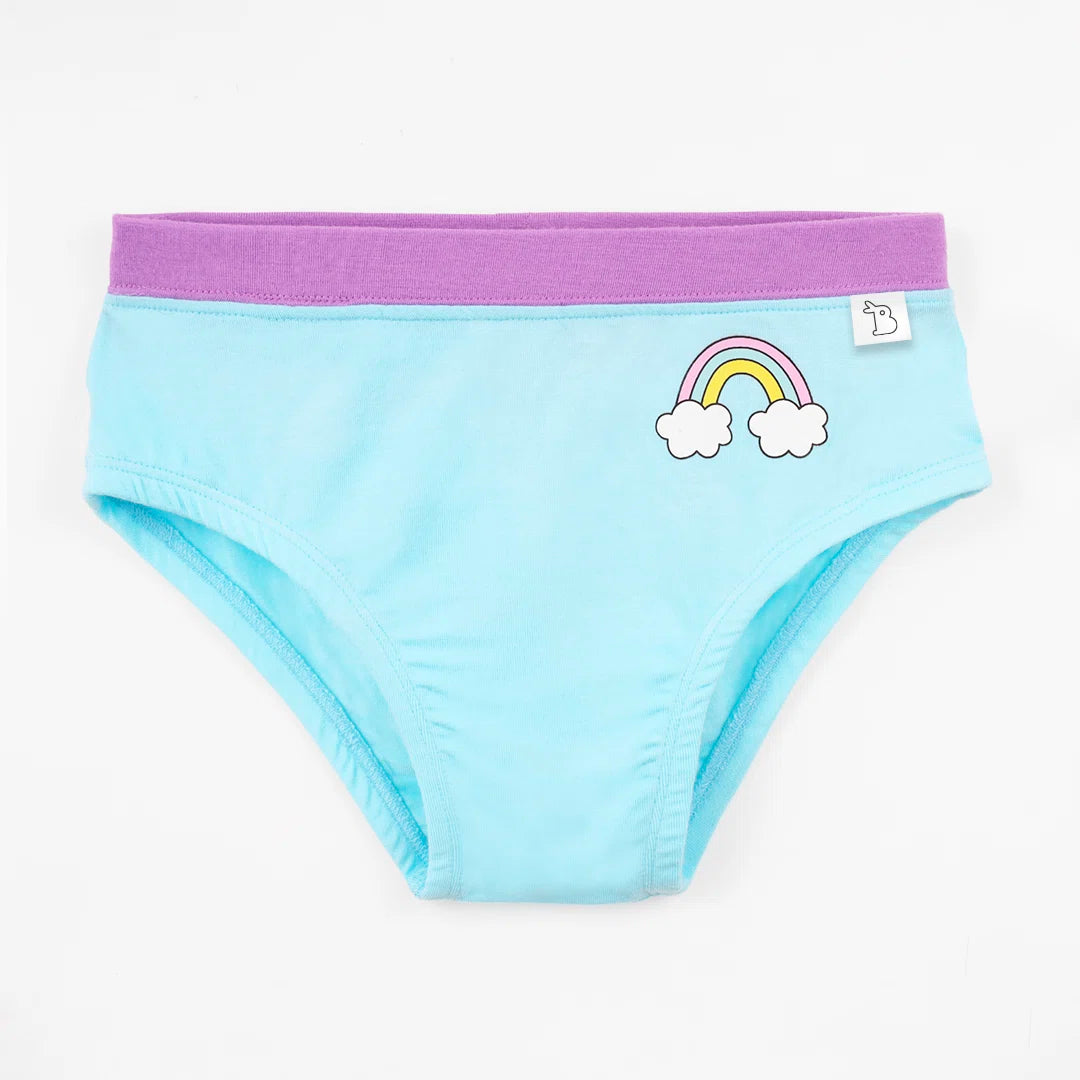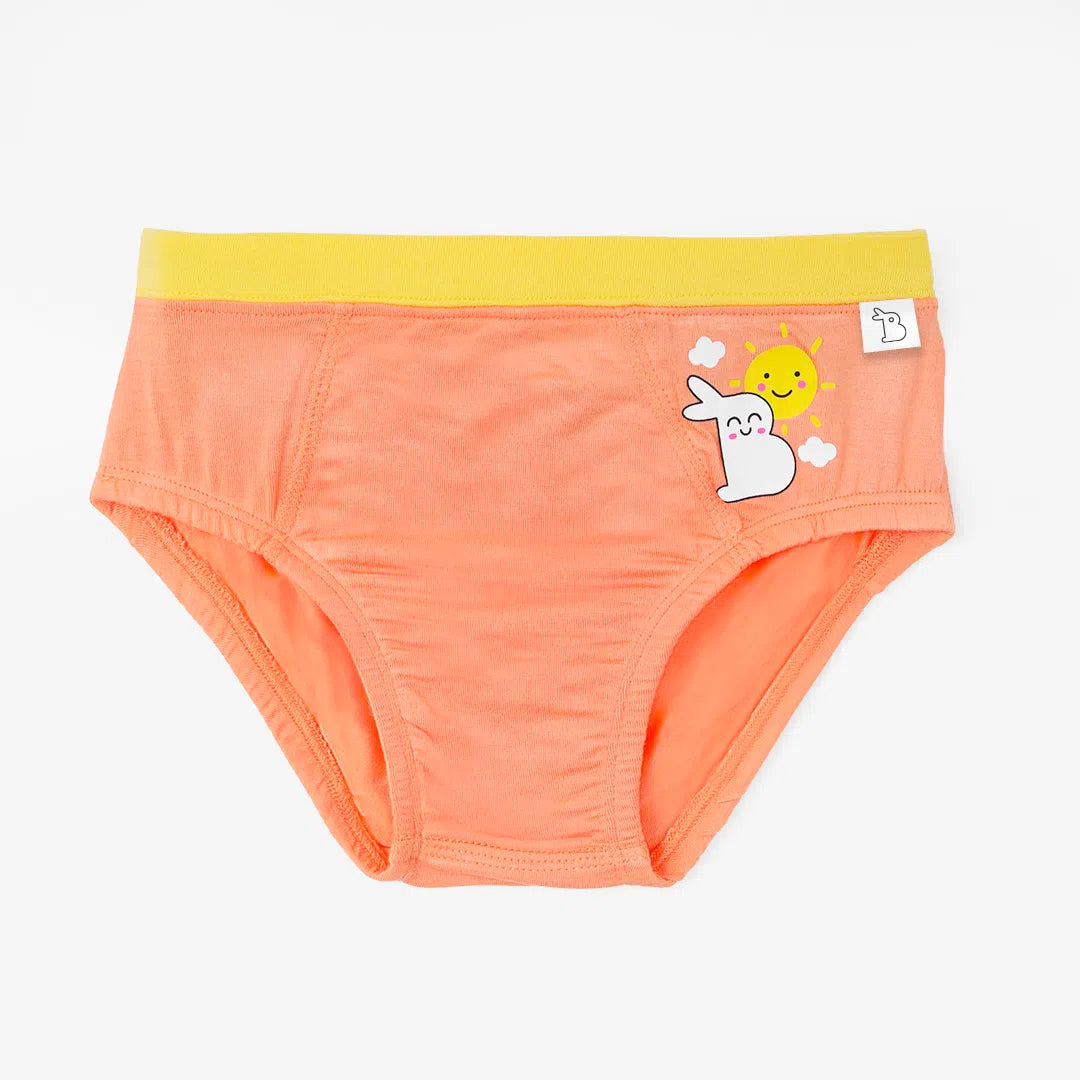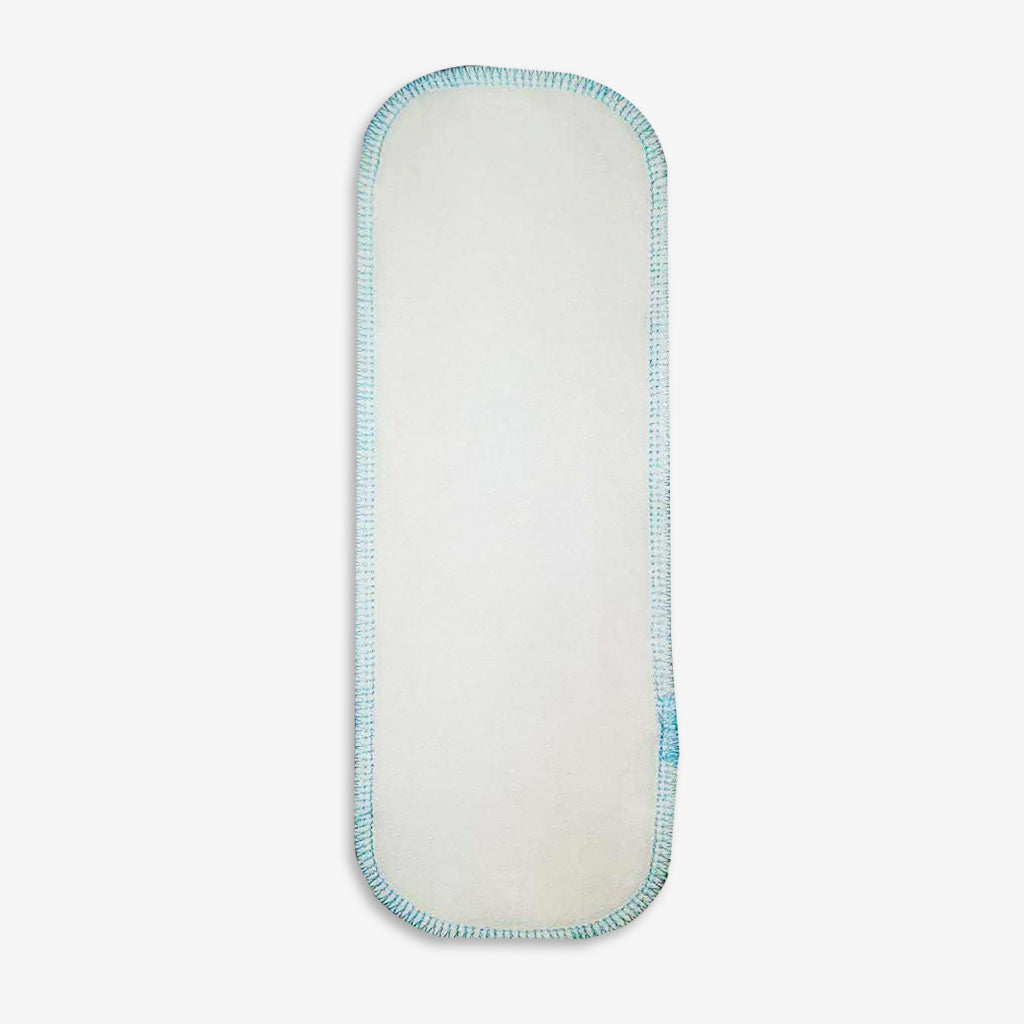• Introduction
• Baby Gas Signs and Symptoms
• Baby Gas Causes
• Home Remedies For Gas In Babies
• Can Breastfeeding Make A Baby Gassy?
• When To Consult A Doctor For Baby Gas?
• Key Takeaways
• FAQs
• Message From SuperBottoms
The gas problem in newborn babies is a very common one. Almost every new mother seeks help getting rid of baby gas fast during the initial weeks and months of parenting if they have a gassy newborn. Newborn gas is just the air in the stomach that your baby swallows during the feeding.
Newborn gas sometimes takes a few seconds to pass and becomes trouble for the baby. We must be extra careful while feeding the baby to avoid this situation. Not every child would necessarily face the newborn gas problem.
It depends on the digestive system of the baby as well. As the newborn's digestive system matures, the issue also decreases. In this article, let's discuss the causes of the problem, how to relieve baby gas and learn how to get rid of baby gas fast.
Baby Gas Signs and Symptoms
Usually, gas is not a significant matter of concern. Passing gas is a natural process for us human beings. Every person produces and eliminates digestive gases. A newborn gas problem is expected as a baby's digestive system is immature and takes time to adapt. So, before we dive into how to get rid of baby gas fast, let us look at the symptoms and signs of newborn gas.
1. Uncomfortable and Fussy Baby: You may find your baby uncomfortable and fussy more than usual. If they keep pulling up their legs and squirming, newborn gas is not ready to pass.
2. Excessive Crying: A crying baby is part of a new parent's life. But if you find your baby crying for an exceptionally long time, it could be because of struck gas, which is troubling the tiny one.
3. Tight Stomach: When the gas cannot easily pass, it gets collected in the stomach, making the baby's abdomen tight and bloated. The tummy is full of gas, which is ready to pass. Knowing how to get rid of gas fast is essential, as it's very troubling for your newborn baby.
Baby Gas Causes
Baby gas problem can be caused by various factors, including:
1. Swallowed Air: Babies often swallow air while feeding, especially if they're bottle-fed or have a poor latch while breastfeeding. This swallowed air can lead to gas buildup in their digestive tract.
2. Immature Digestive System: A newborn's digestive system is still developing and may not be fully efficient at processing food, which can contribute to gas formation.
3. Overfeeding or Underfeeding: Feeding your baby too much or too quickly can overwhelm their digestive system and lead to gas. Similarly, if your baby isn't getting enough to eat, they may gulp air while feeding out of hunger, leading to gas.
4. Lactose Intolerance or Milk Allergy: Some babies may be lactose intolerant or allergic to proteins found in cow's milk or formula, leading to gas, bloating, and discomfort after feeding.
5. Introduction of Solid Foods: When babies start eating solid foods, their digestive systems may need time to adjust, leading to gas and digestive discomfort.
6. Positioning During Feeding: Incorrect positioning during feeding, such as holding the bottle at the wrong angle or not burping the baby properly afterwards, can lead to gas buildup.
7. Gastrointestinal Issues: In some newborn baby gas problem, gas may be a symptom of underlying gastrointestinal issues such as gastroesophageal reflux (GERD) or intestinal blockages.
8. Maternal Diet: If a breastfeeding mother consumes certain foods known to cause gas or digestive upset, such as dairy products, caffeine, or spicy foods, it may affect the baby through breast milk.
Observing your baby's feeding habits, behaviour, and overall health is essential to determine the possible causes of baby gas problem and address them accordingly. If you're concerned about your baby's gas or if they seem unusually fussy or uncomfortable, consult with a paediatrician for guidance and advice.
Home Remedies For Gas In Babies
Gas relief for babies is crucial as gas can cause discomfort and pain. Here's a detailed explanation of the home remedies for gas in babies mentioned:
1. Burping: After feeding, it's essential to burp your baby to release any trapped air in their stomach. This can prevent gas buildup and discomfort. Hold your baby upright against your chest or over your shoulder and gently pat or rub their back until they burp.
Burping should be done after every feed to help prevent newborn baby gas problem. Introducing Waterproof Cloth Bibs, the perfect companion for burping your baby during gas relief. Our bibs offer superior protection against spills and messes, ensuring that your baby stays clean and dry during feeding and burping sessions.
2. Stomach Cycling: This involves gently moving your baby's legs in a cycling motion after feeding. This helps to stimulate digestion and can relieve gas by moving it through the digestive tract. The gentle movement can also help soothe your baby and make them more comfortable.
3. Tummy Time: Giving your baby tummy time can help relieve gas by allowing them to move and stretch their abdominal muscles. Lay your baby on their stomach for short periods while awake and supervised. Gentle massage of the tummy in an upward motion can also help to relieve gas by encouraging the release of trapped air.
4. Avoid Frantic Feeding: Feeding your baby before it becomes too hungry can help prevent it from swallowing excess air while feeding. Overly hungry babies may gulp their milk too quickly, leading to gas buildup. Try to feed your baby when they show early hunger cues, such as rooting or sucking on their hands.
5. DryFeel Langot: Integrating SuperBottoms DryFeel Langot during baby gas can provide additional comfort and support for your little one. The soft and gentle fabric of SuperBottoms DryFeel Langot provides an extra layer of comfort for your baby, helping to soothe them during episodes of gas discomfort.
6. Home Remedies: Some home remedies may help relieve gas in newborns. Applying a mixture of hing (asafoetida) and warm water to the baby's navel can help release trapped gas. Hing has natural digestive properties and can aid in relieving gas.
Additionally, gently giving a baby massage for gas or baby's tummy with a warm cloth can help relax their muscles and ease baby gas pain. This home remedy can be effective in providing relief for newborn baby gas problems, but it's essential to consult with a paediatrician if your baby continues to experience severe newborn baby gas problems or discomfort.
Additionally, if your baby shows signs of distress, such as excessive crying, difficulty feeding, or changes in bowel movements, seek medical advice promptly.
|
Limited Offers Ending Sooner - BUY NOW Now or never offers live on the SuperBottoms website. Take advantage of the never-before Good Value for Money on our offer page! Stock up on the bestselling UNO diapers, accessories and other popular SuperBottoms baby and mom products now available in deals and discounts. HURRY, the Deals are Live till stocks last! |
Can Breastfeeding Make A Baby Gassy?
If the mother has a sound reflex system of milk flow, the baby might gulp the milk in excess and swallow extra air, which may cause gas. No evidence has proved that breastfeeding mothers' eating habits can cause gas to the newborn.
But to be on the safer side, breastfeeding mothers should check their diet as it may affect the baby's digestion to help gas relief for newborns. They should cut down on foods that are gassy, like beans, cabbage, broccoli, sprouts, fish, etc.
These foods produce more gas, and when the baby is breastfed, it may cause gas. You can also check out our article about healthy foods for breastfeeding mothers.
When To Consult A Doctor For Baby Gas?
If your baby is not gaining weight, experiencing constipation, being fussy during feedings, crying excessively for hours, or having a fever above 100.4 or below 98.4, it's crucial to consult a doctor about gas issues.
Key Takeaways:
1. Although passing gas is a natural process and a part of human beings, it can also be easily treated if it causes issues. Every new mother should learn how to get rid of gas fast, as few babies have more than their fair share of this trouble.
2. A gassy newborn may feel baby gas pain but sadly cannot communicate the same. So, keep an eye on what is causing the gas.
3. Once the baby grows, these problematic gastric days will be history once the baby turns into a toddler. So, in the meantime, gentle management and attention are required when you see any gas issue symptoms.
Frequently Asked Questions (FAQs):
Q1. How do I know if my baby has gas?
Ans. Look for signs like fussiness, pulling legs towards the chest, passing gas, and difficulty feeding or sleeping.
Q2. What are foods that cause gas in babies?
Ans. Certain foods that cause gas in babies include dairy products, caffeine, spicy foods, gas-producing vegetables (such as broccoli, cabbage, and cauliflower), and beans.
Q3. How to relieve baby gas?
Ans. To get rid of baby gas quickly, try burping your baby after feedings, doing gentle leg and tummy exercises, giving them tummy time, avoiding frantic feeding, and using home remedy like applying warm water on the navel or a warm cloth baby massage for gas.
Message From SuperBottoms
Hi there, new parents! No matter where you are around the world or in India, SuperBottoms ensures your kids are using the best and safest products. SuperBottoms offers the best cloth diapers, which are completely safe and gentle for your baby, DryFeel langots for diaper-free time, padded underwear for potty training your kids, and period underwear for women. These products suit your baby delicate skin at any time of year. SuperBottoms is a must-have product for you and your child whether you live in Canada, Kuwait, the United States, Qatar, Hawaii, Bahrain, Armenia, the United Arab Emirates, or the Philippines. SuperBottoms products are also available on Amazon, Myntra, Flipkart, FirstCry, Zepto, Swiggy and Blinkit.
Reference Link:
1. Why is my baby gassy? Symptoms and treatment
2. Gassy Baby: Infant Gas Relief, Signs and Symptoms










